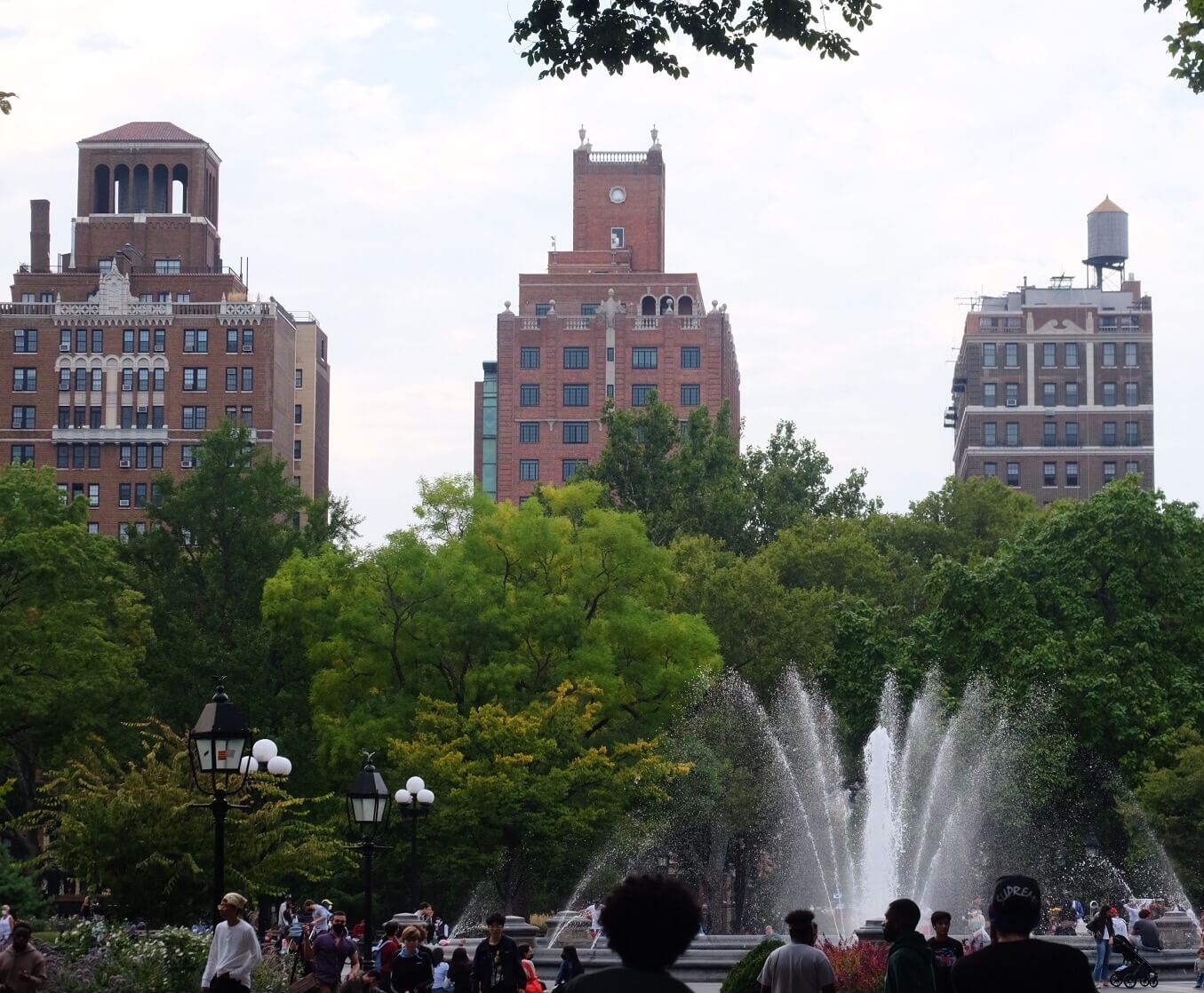Pockets of Order
Grains made up only a small fraction of the human diet prior to the agricultural revolution.
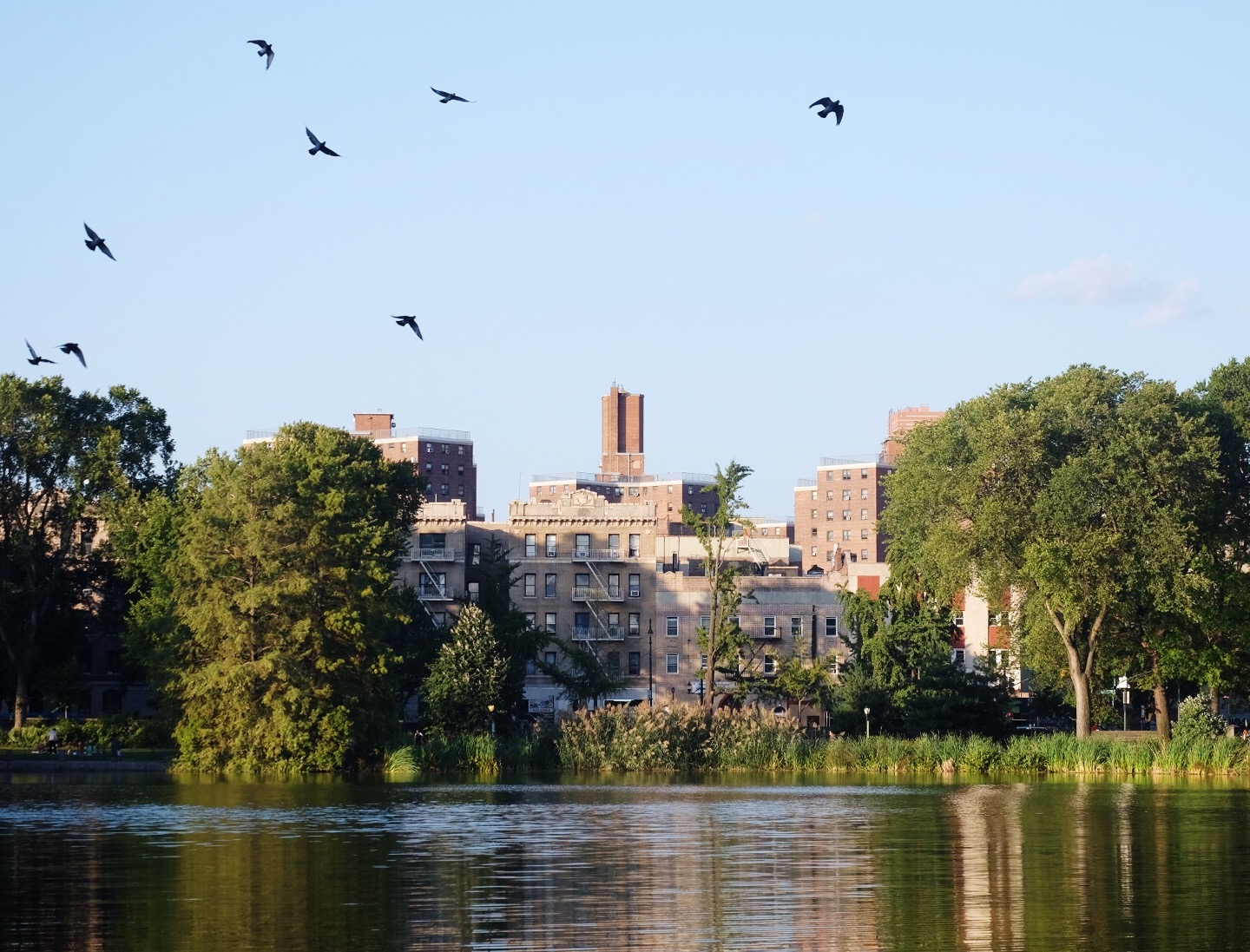
And the agricultural revolution was only 11,000 years ago. Now we live in enormous concrete palaces.
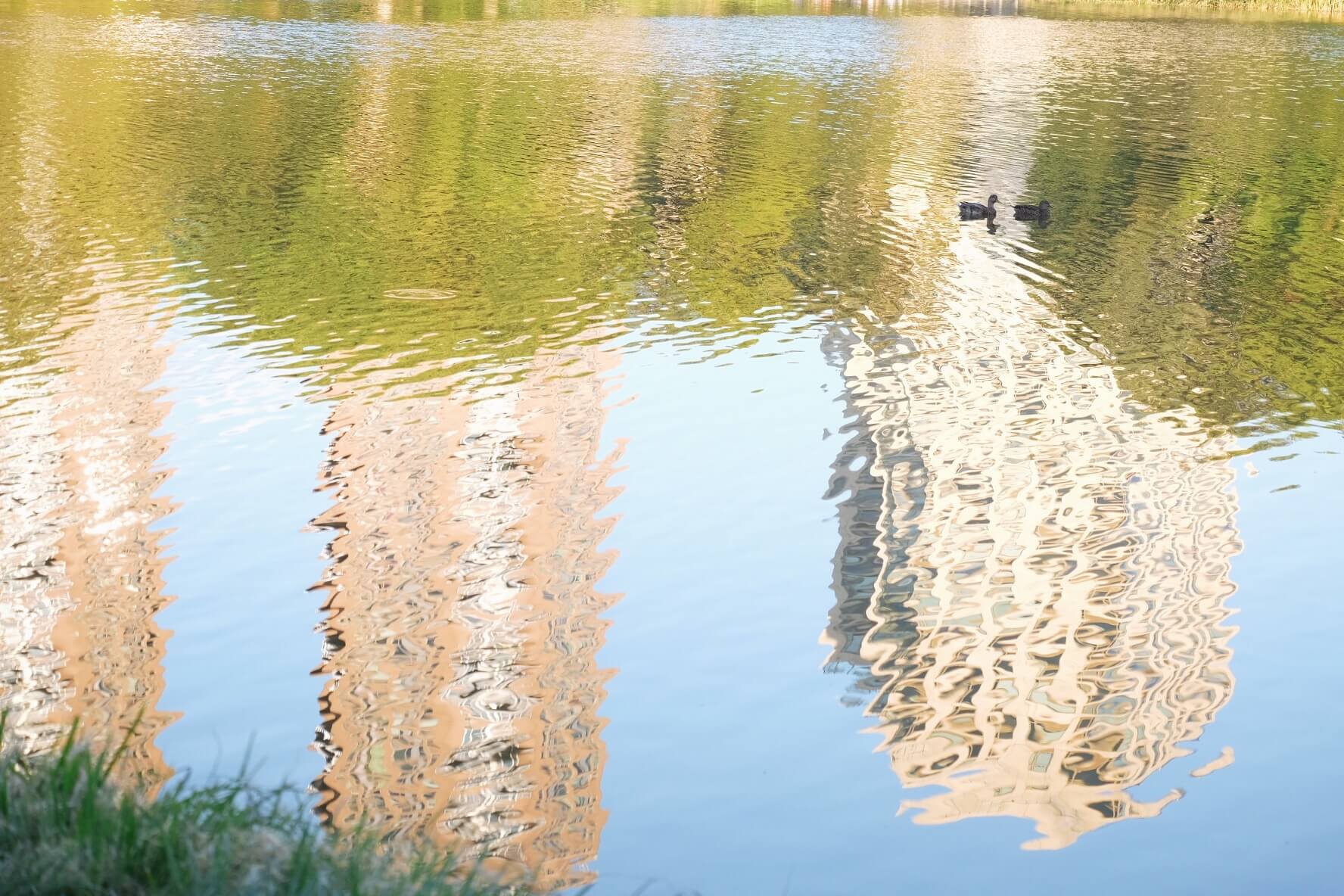
I've often wondered if the cure to generalized anxiety is increased knowledge about the world.
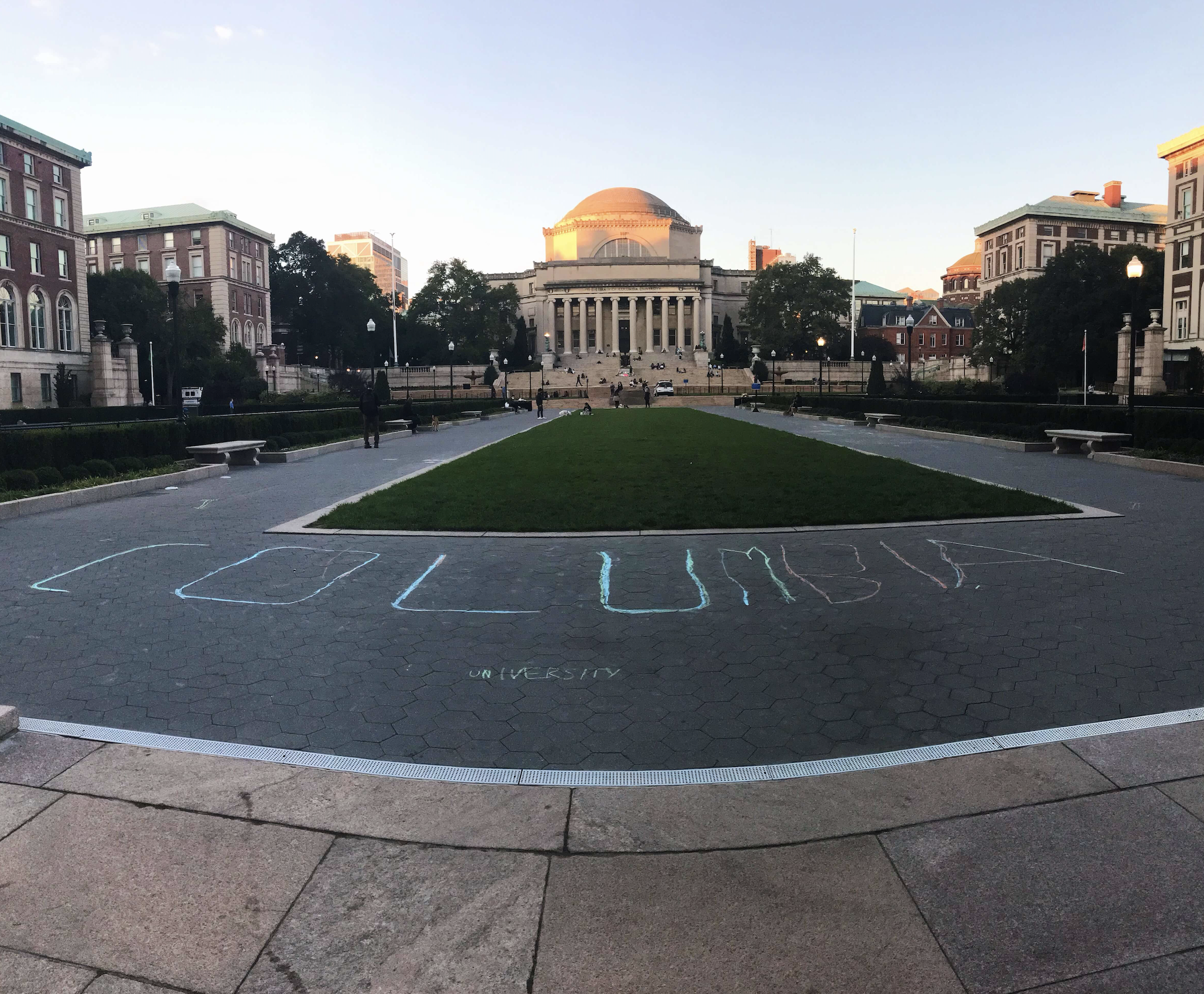
If you think about being scared of the dark, you're afraid because you can't see. Anything could be lurking under the cover of darkness, there's no way of telling what's there.
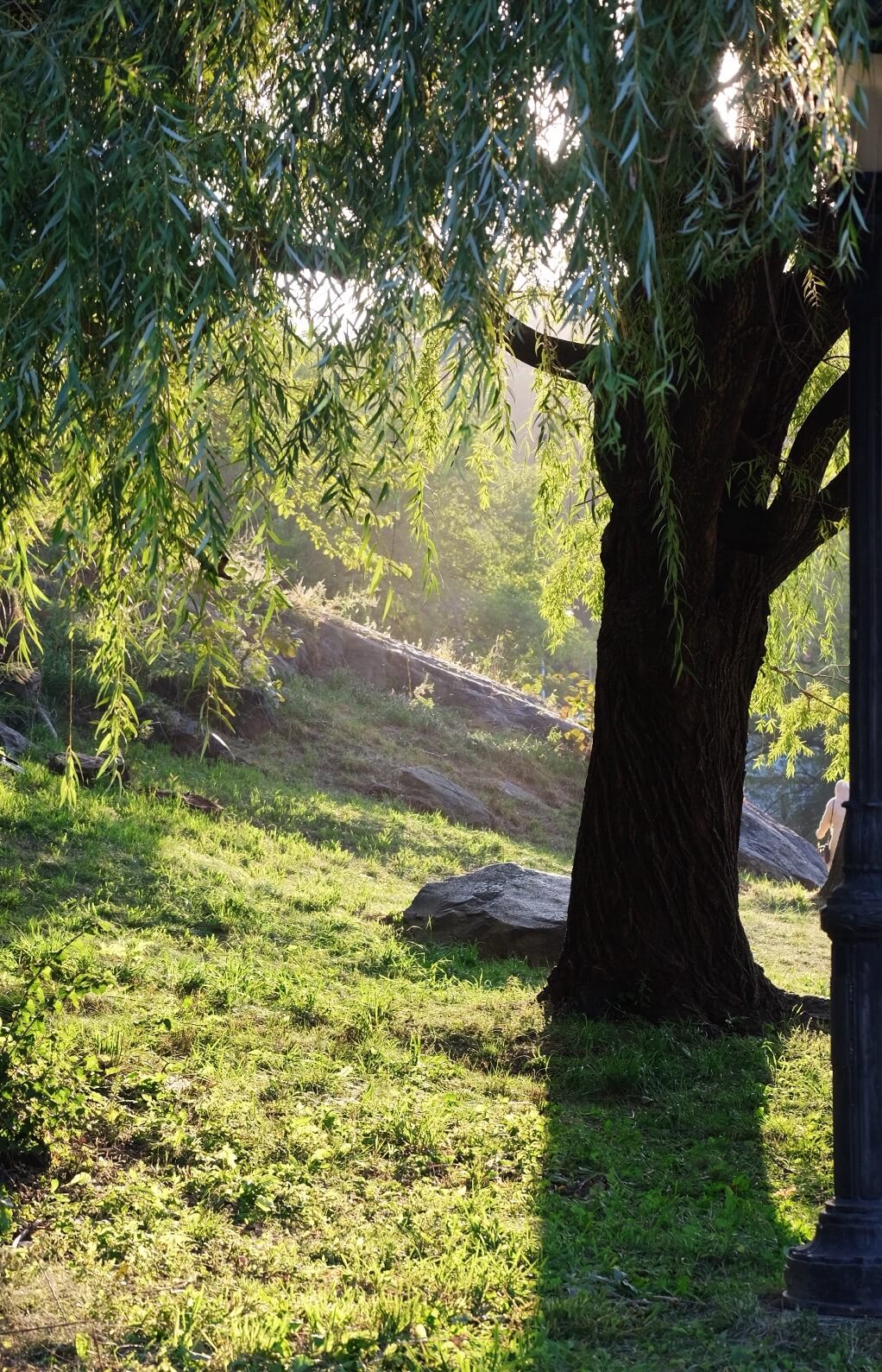
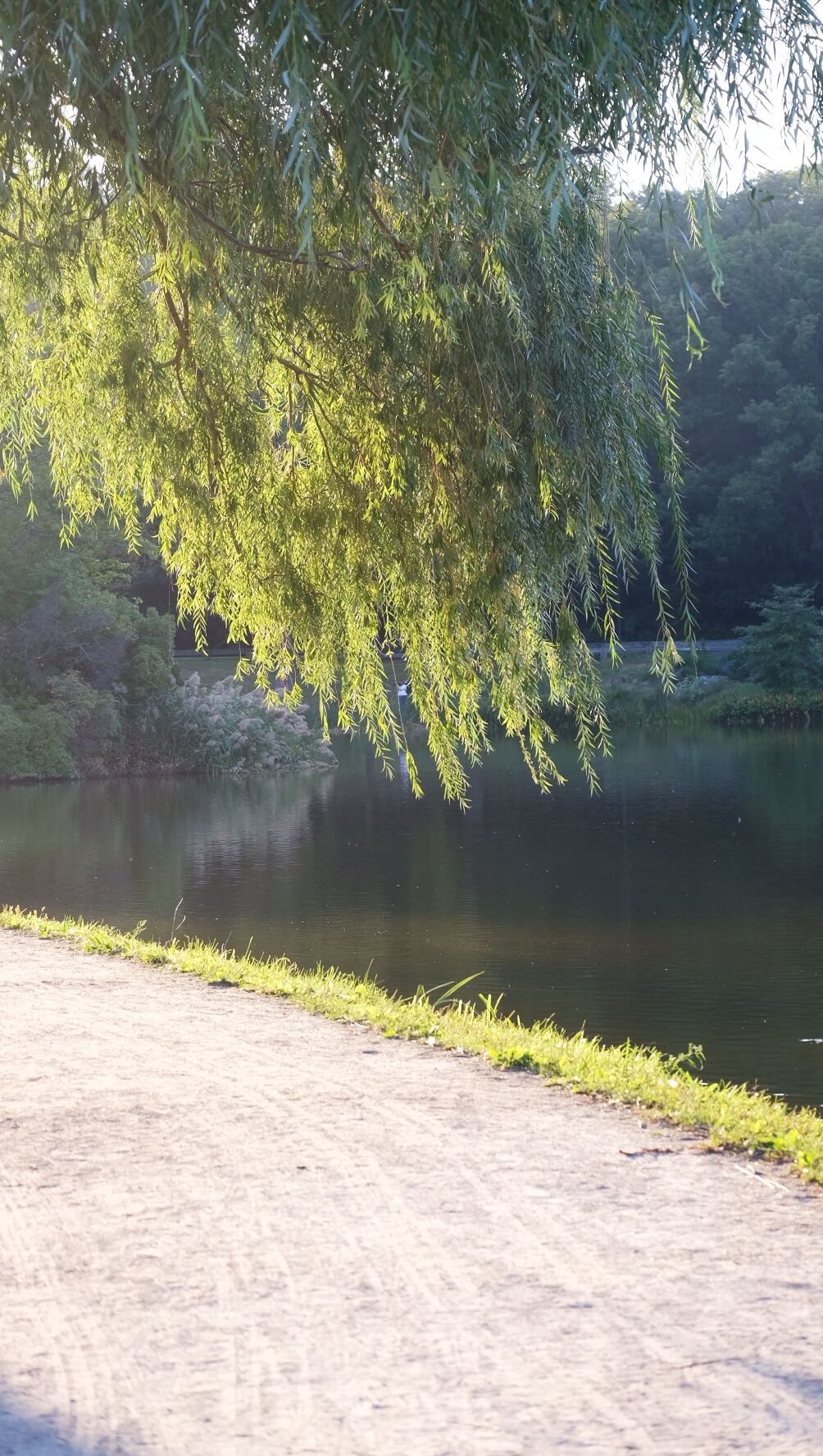
Once the lights are turned on, poof, it's way less scary because you know what's there.
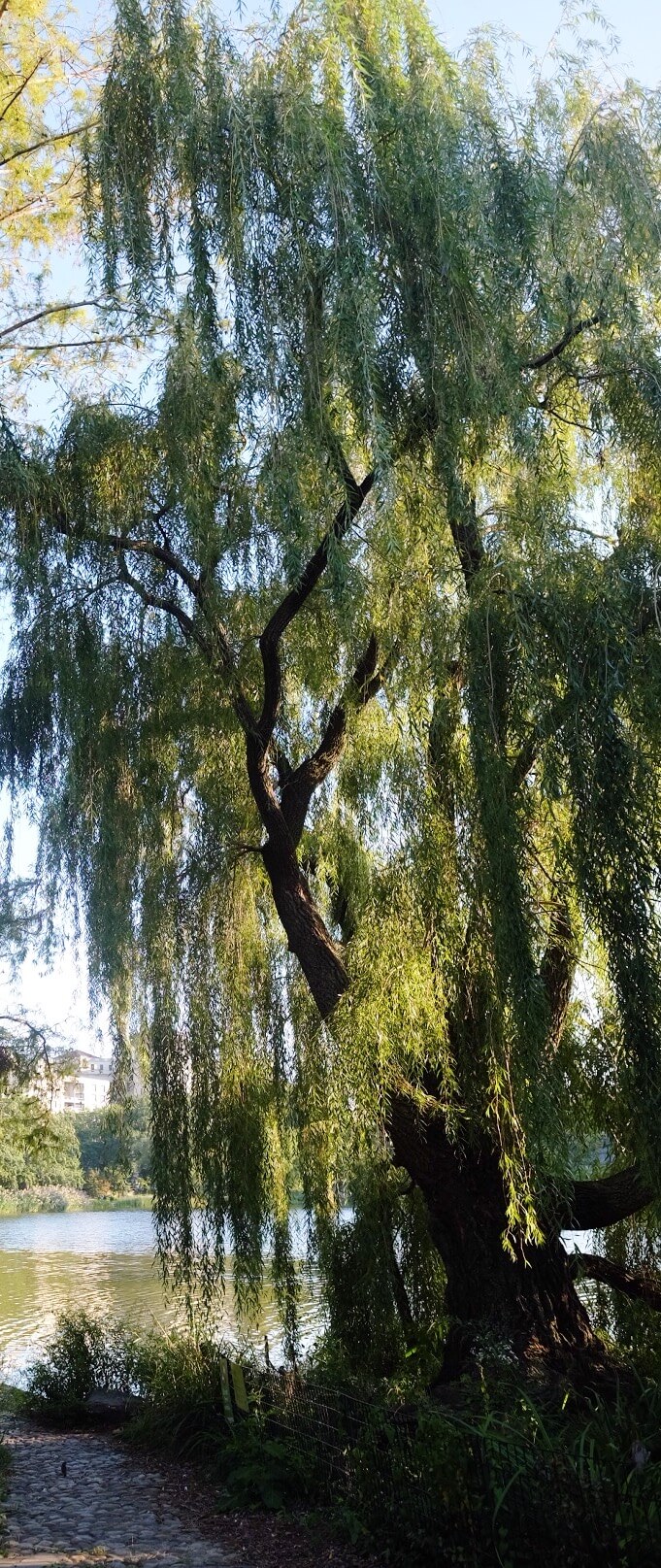
The problem comes when you turn on the lights and what you see is way more scary than what you imagined.
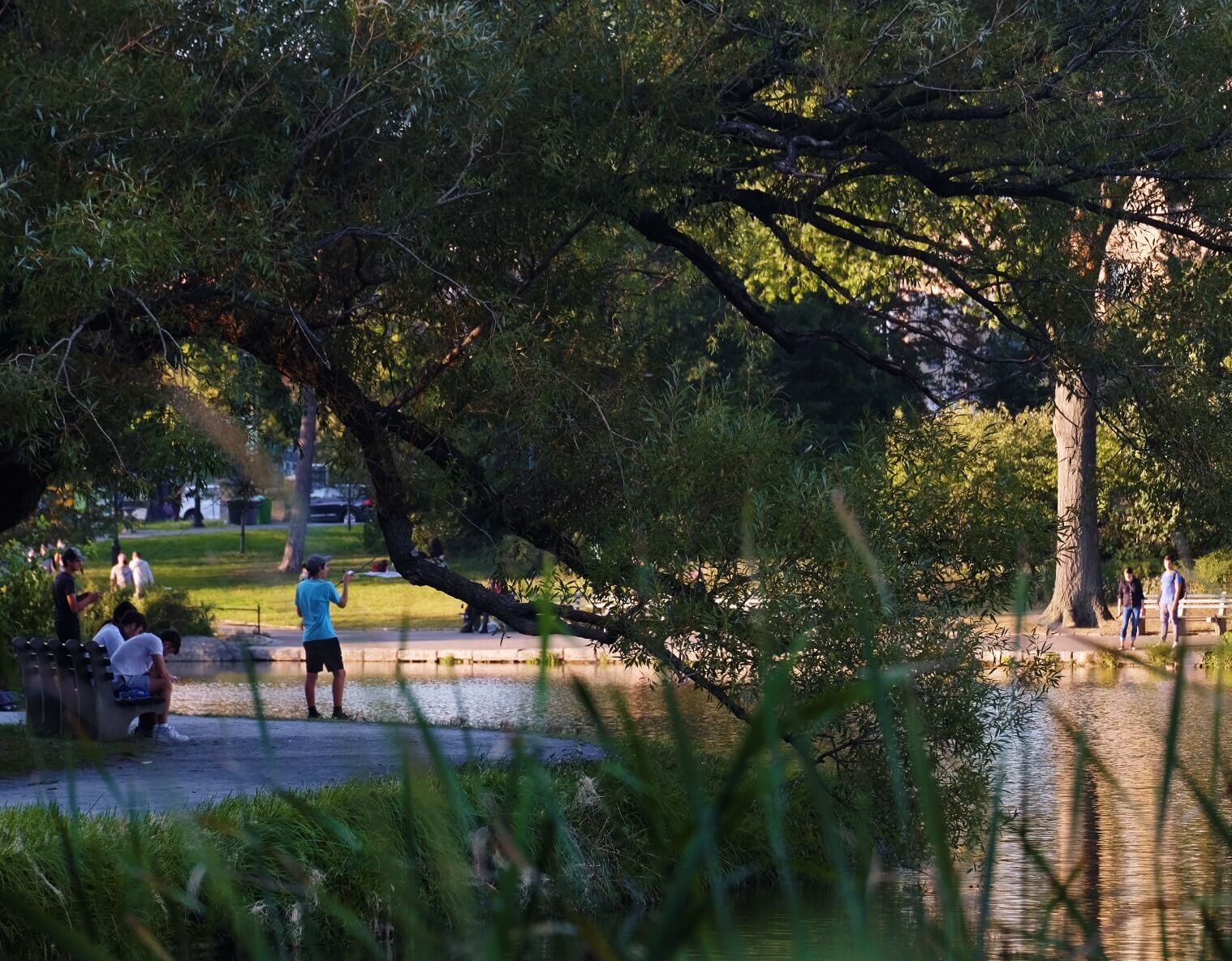
For example, if it's dark you may think, "oh, I could be in a room with some snakes."
But when you turn the lights on you find yourself in a room filled with lava pits, monsters, flesh eating bacteria, public speaking, and snakes. That's probably worse than just snakes.
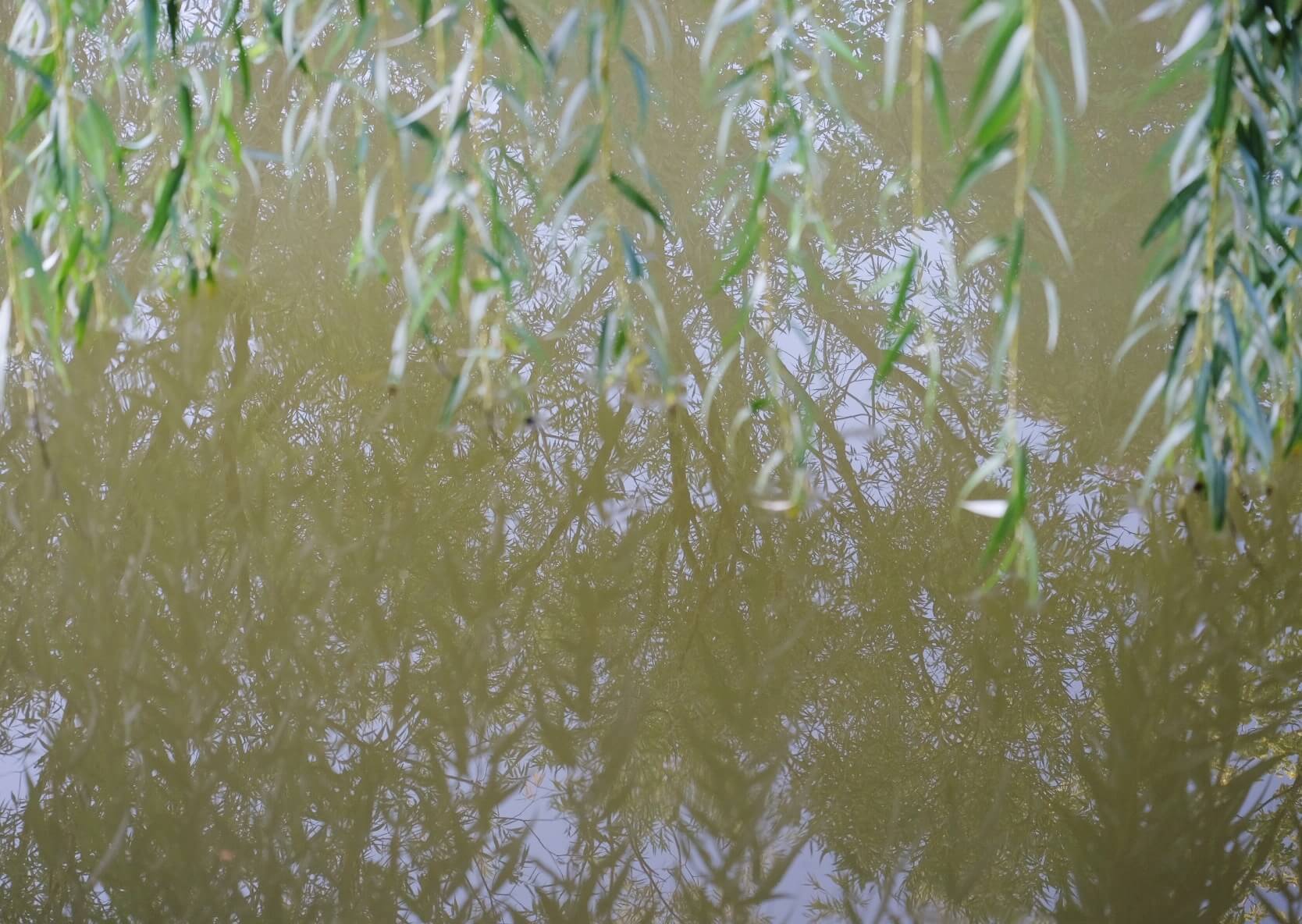
Or maybe you're in the dark and you're thinking 'oh, there might be a bad person in this room with me.'
And then you find out, when you can see, that not only is there a bad person, but that the room is actually a sinking ship with you tethered to the mast and the bad person is the madman at the helm.
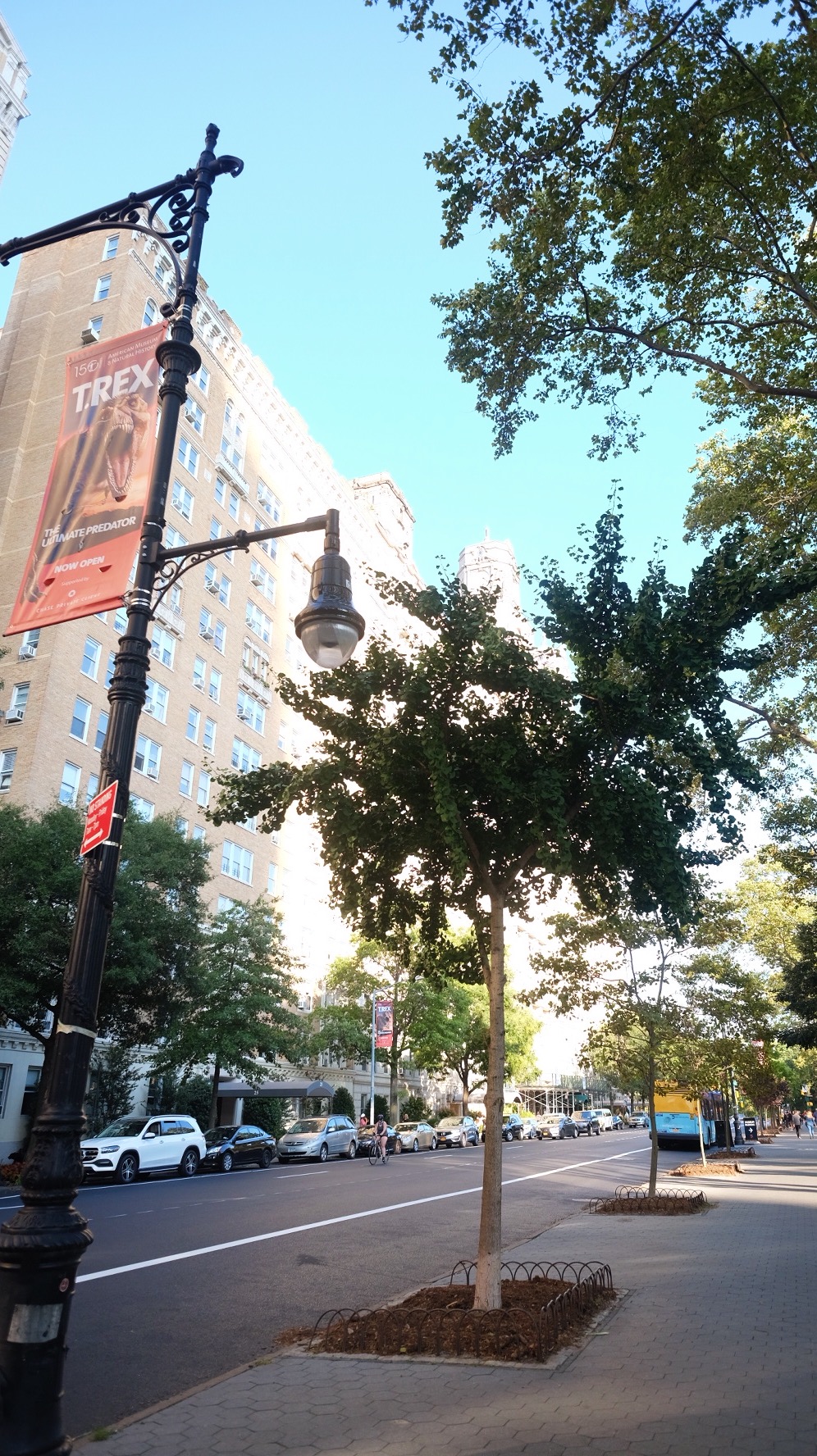
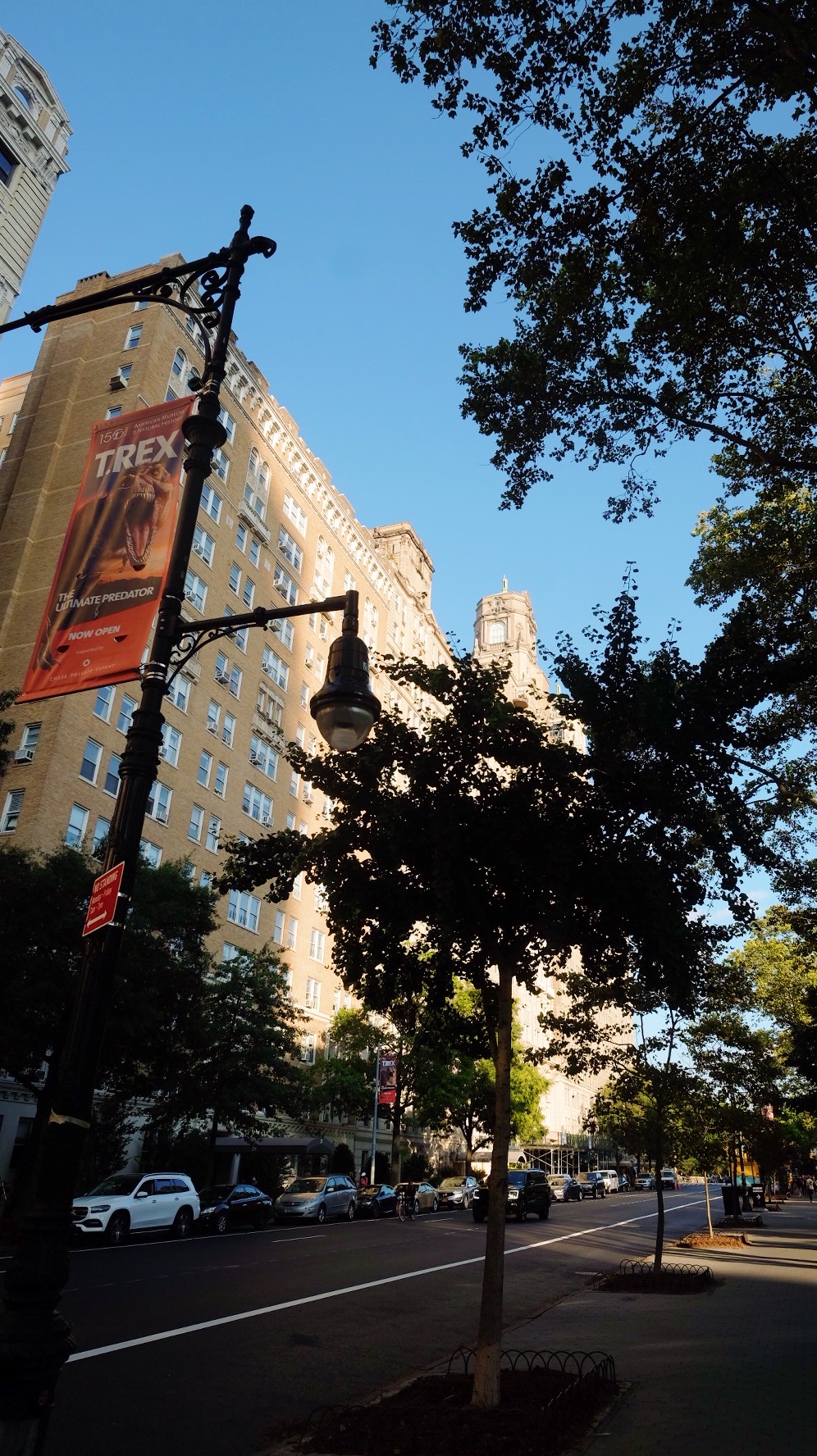
It could be the case that turning on the light leaves you more confused instead of less.
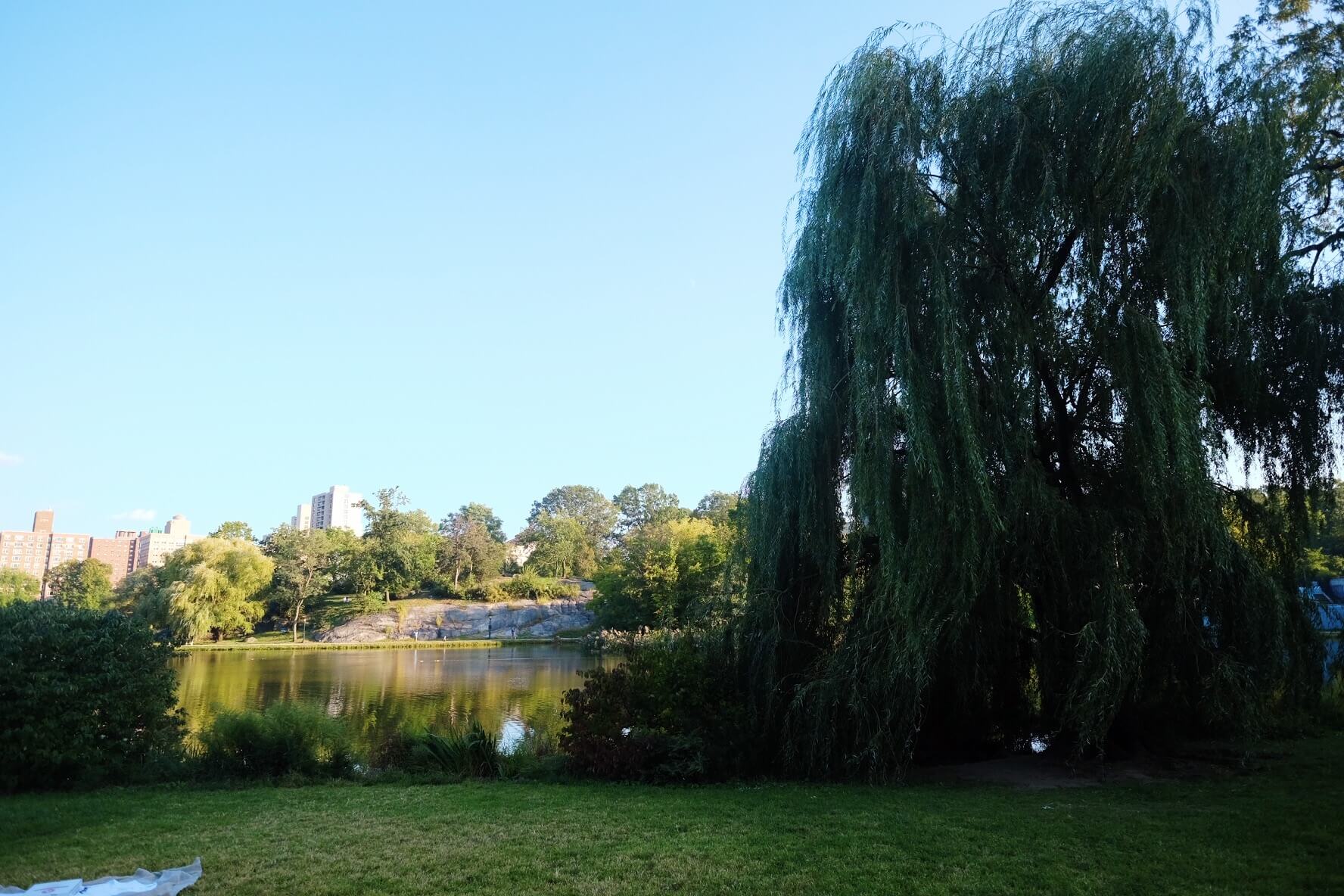
What do you see when you don't know what you're looking at?
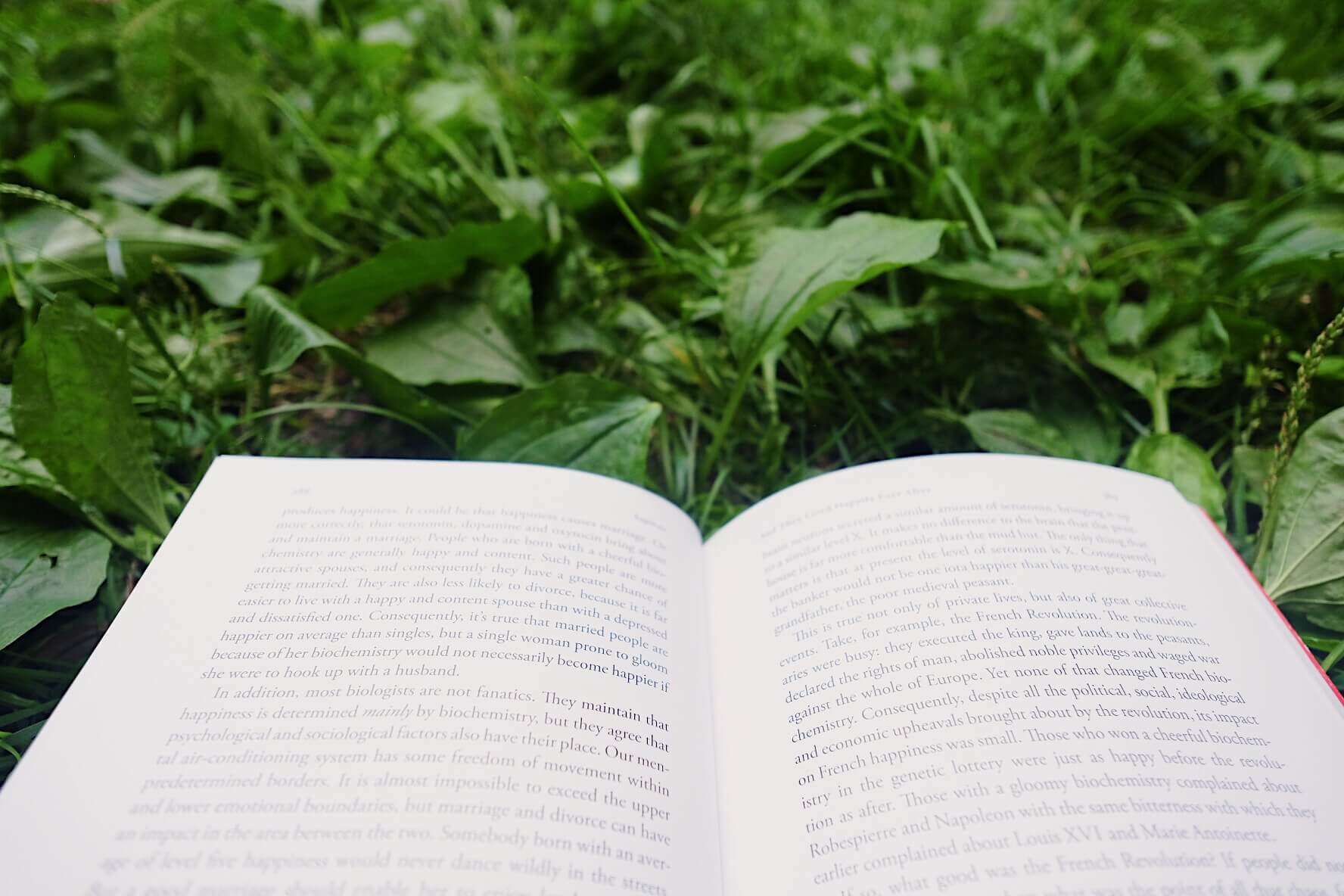
It's certainly not guaranteed that more information leads to less confusion. In fact I'm thinking that the opposite is more likely to be true.
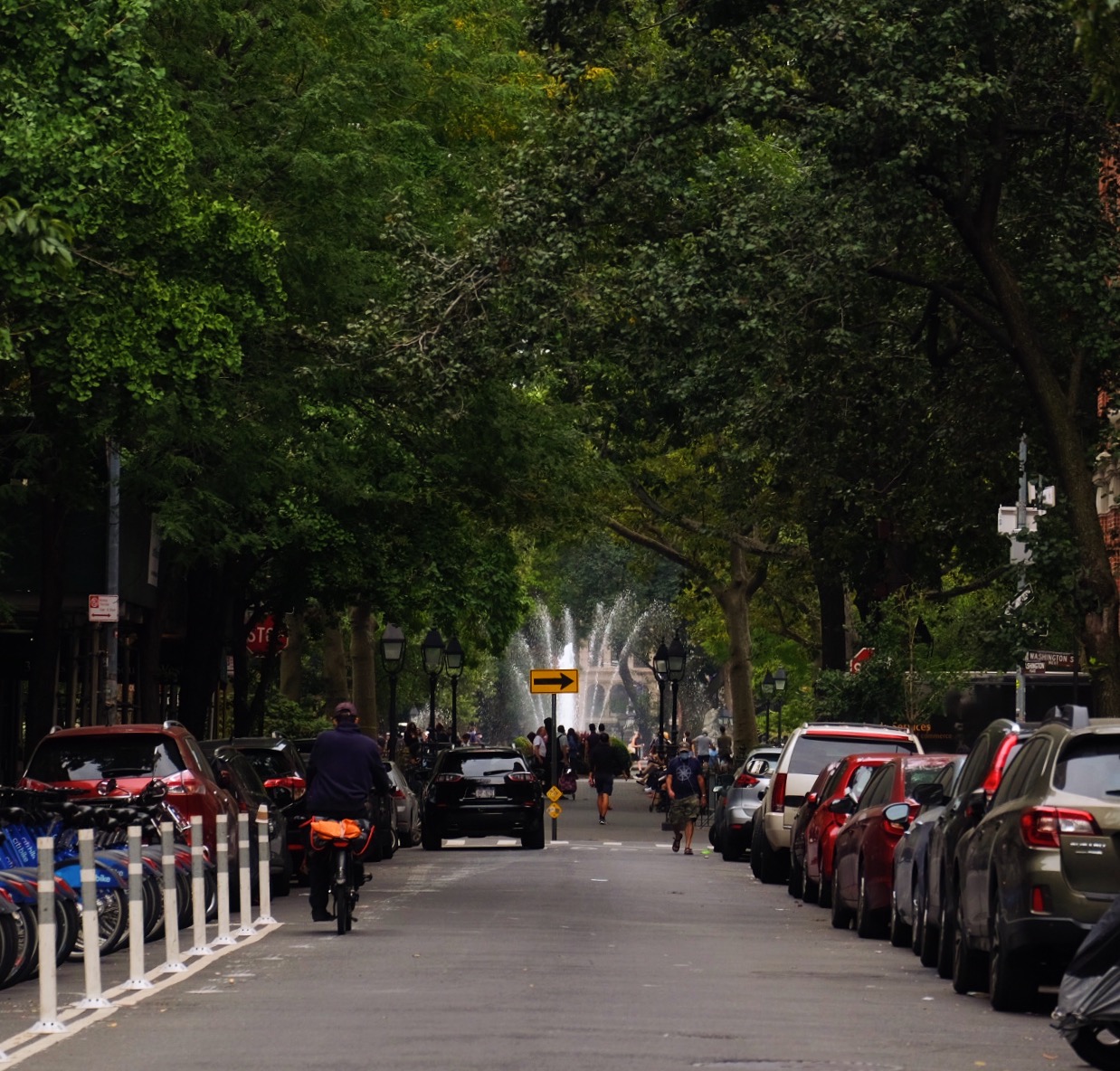
This is analogous to the second law of thermodynamics. On average, the disorder of a system must increase with time.
$$ \Delta S \geq 0$$
But this doesn't mean that, within that system, there can't be pockets of increased order. As long as the average disorder continues to increase, there can be areas where disorder decreases and order increases.
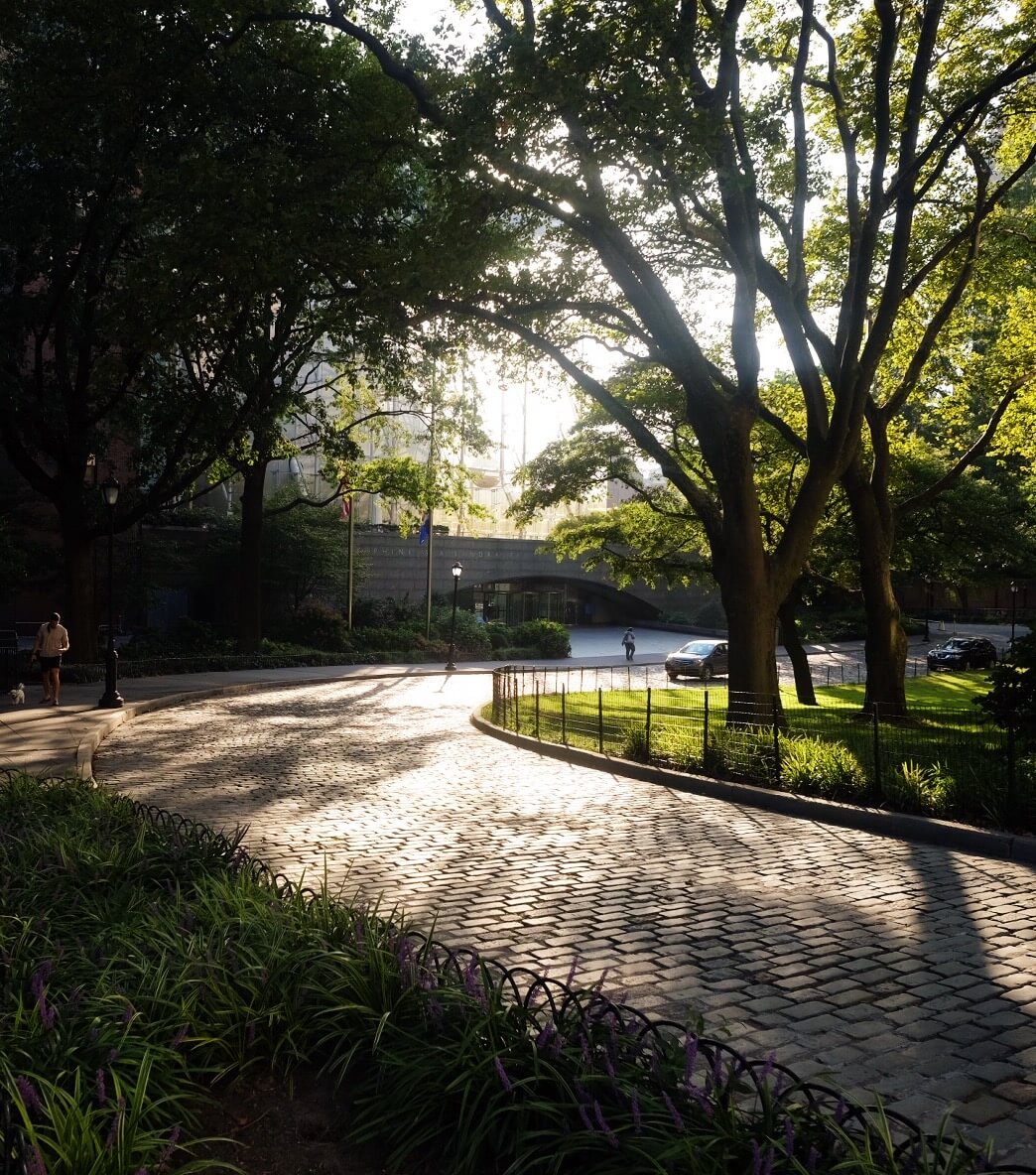
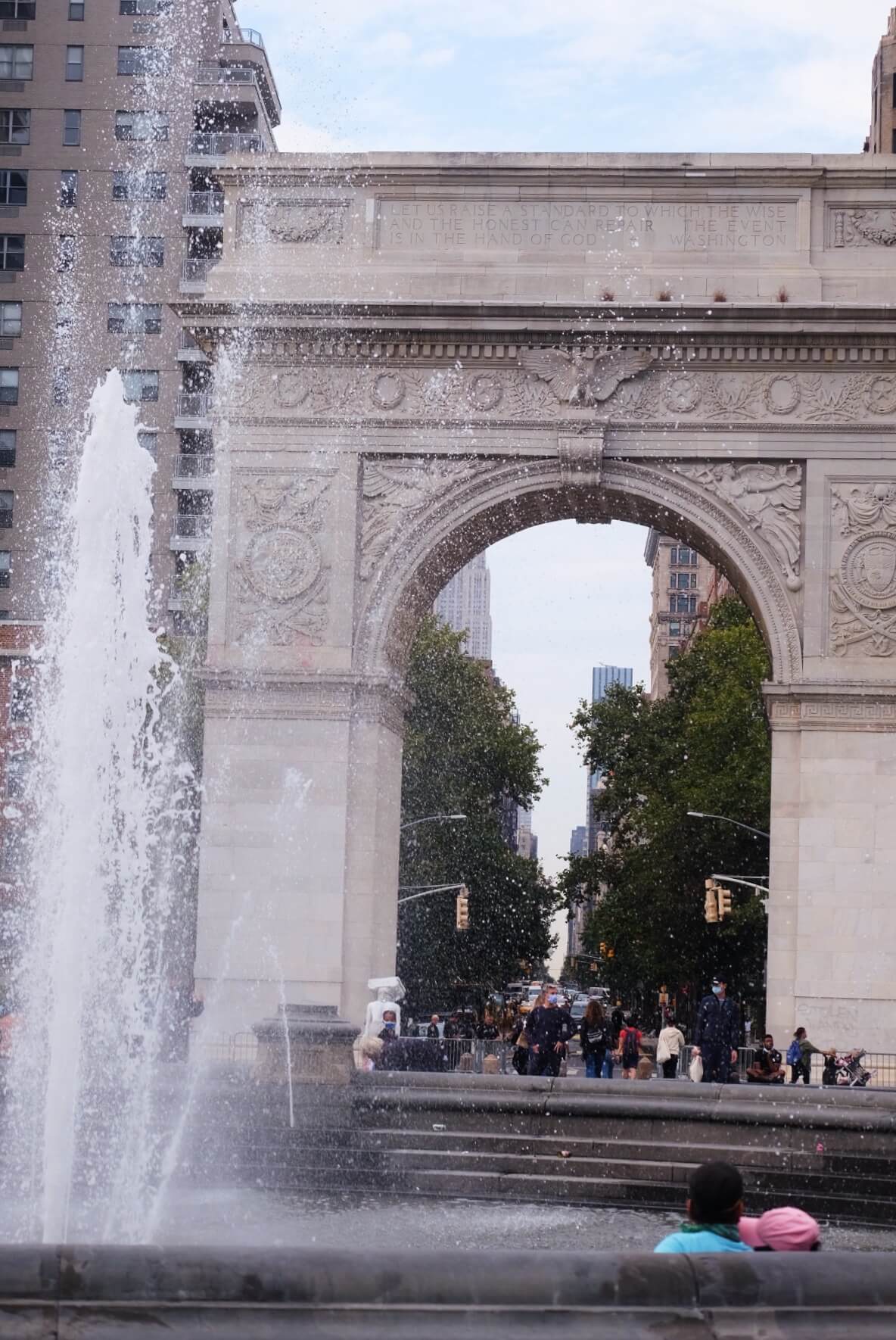
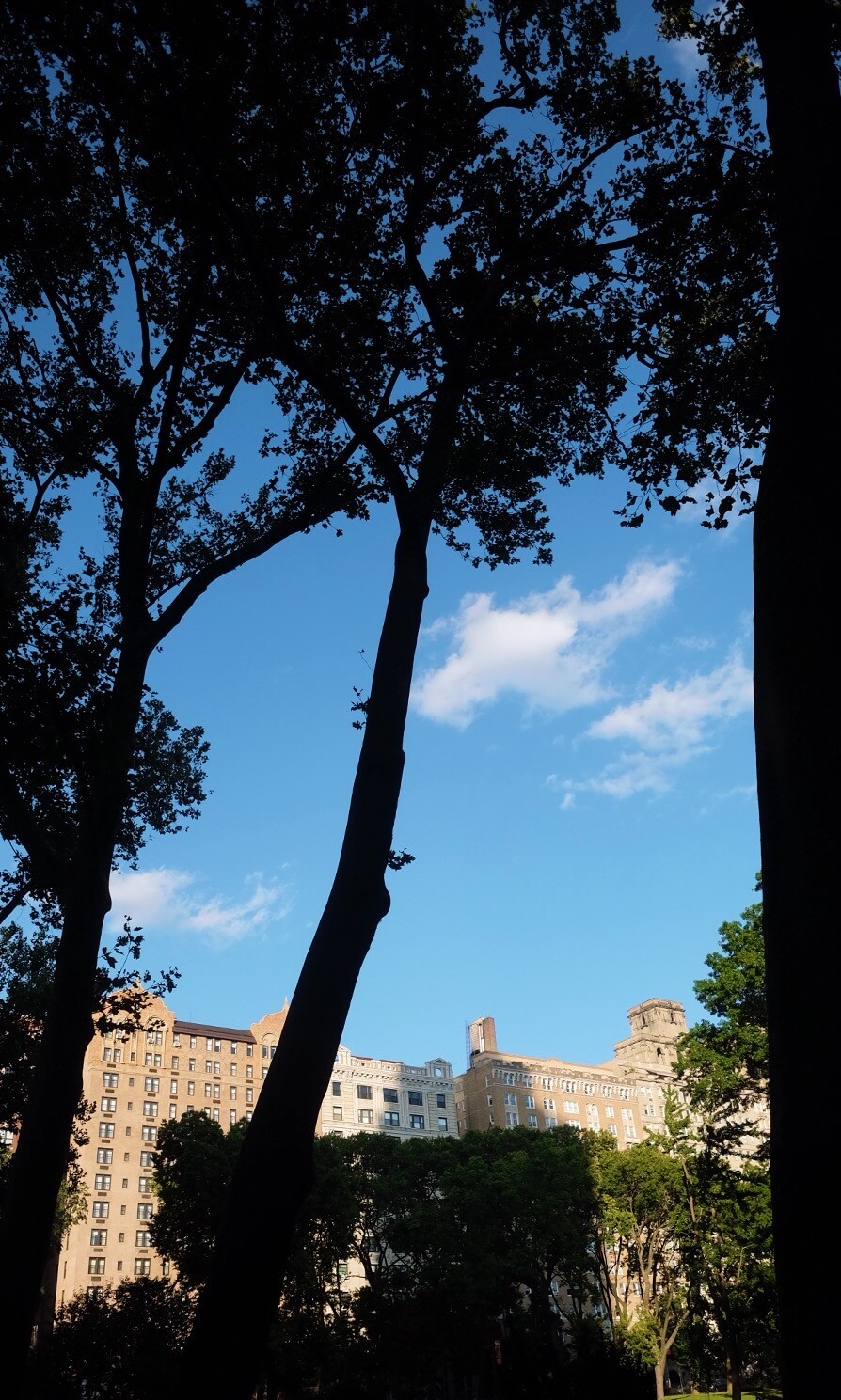
It's that small caveat which allows for stars, planets, and the can of worms that is biological life to exist in our expanding, disordered universe.
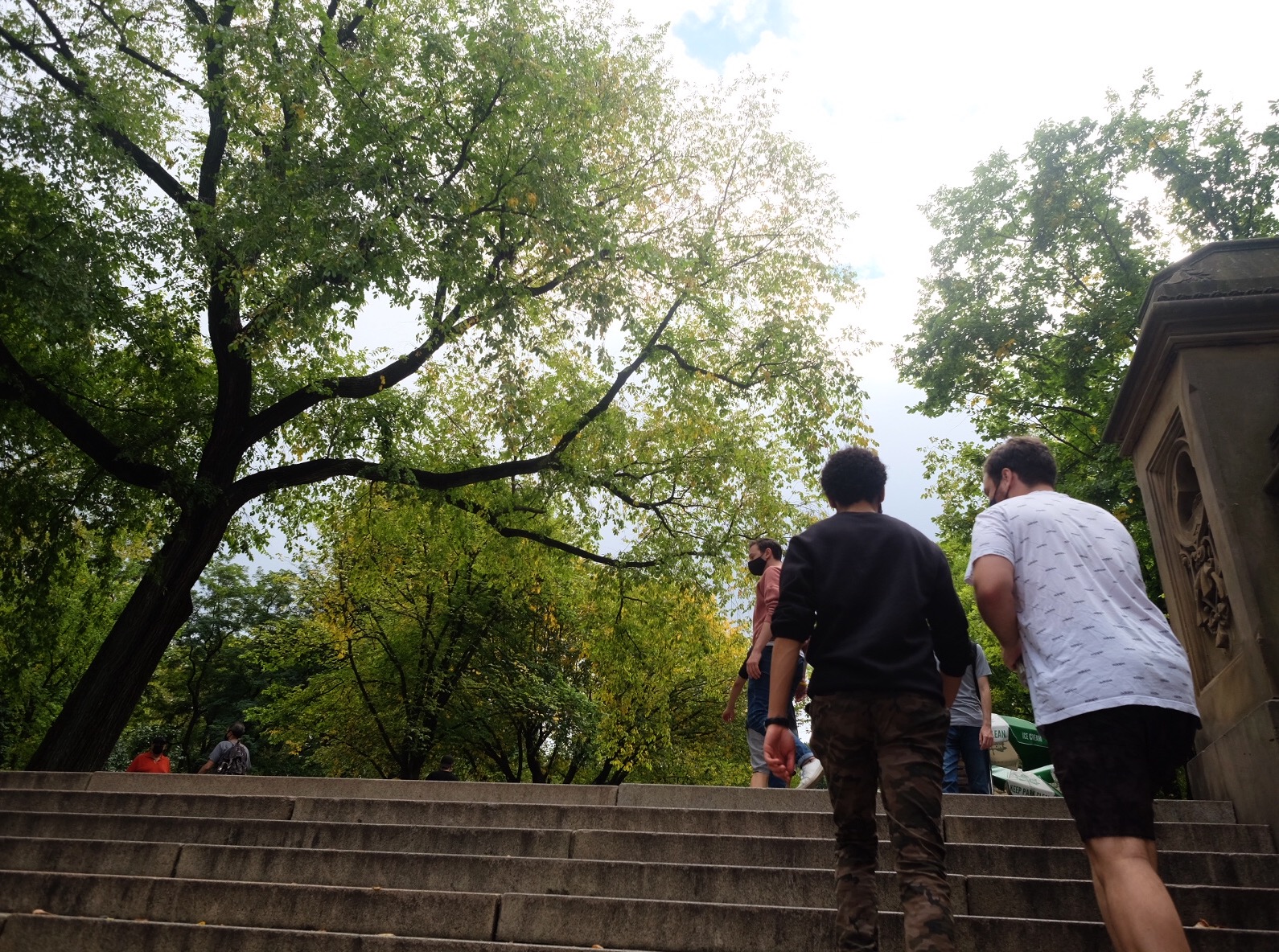
I think the same principle is true for learning things. Over time you gain more information, and therefore more confusion, but within all that confusion there is the possibility for ordered pockets of information.
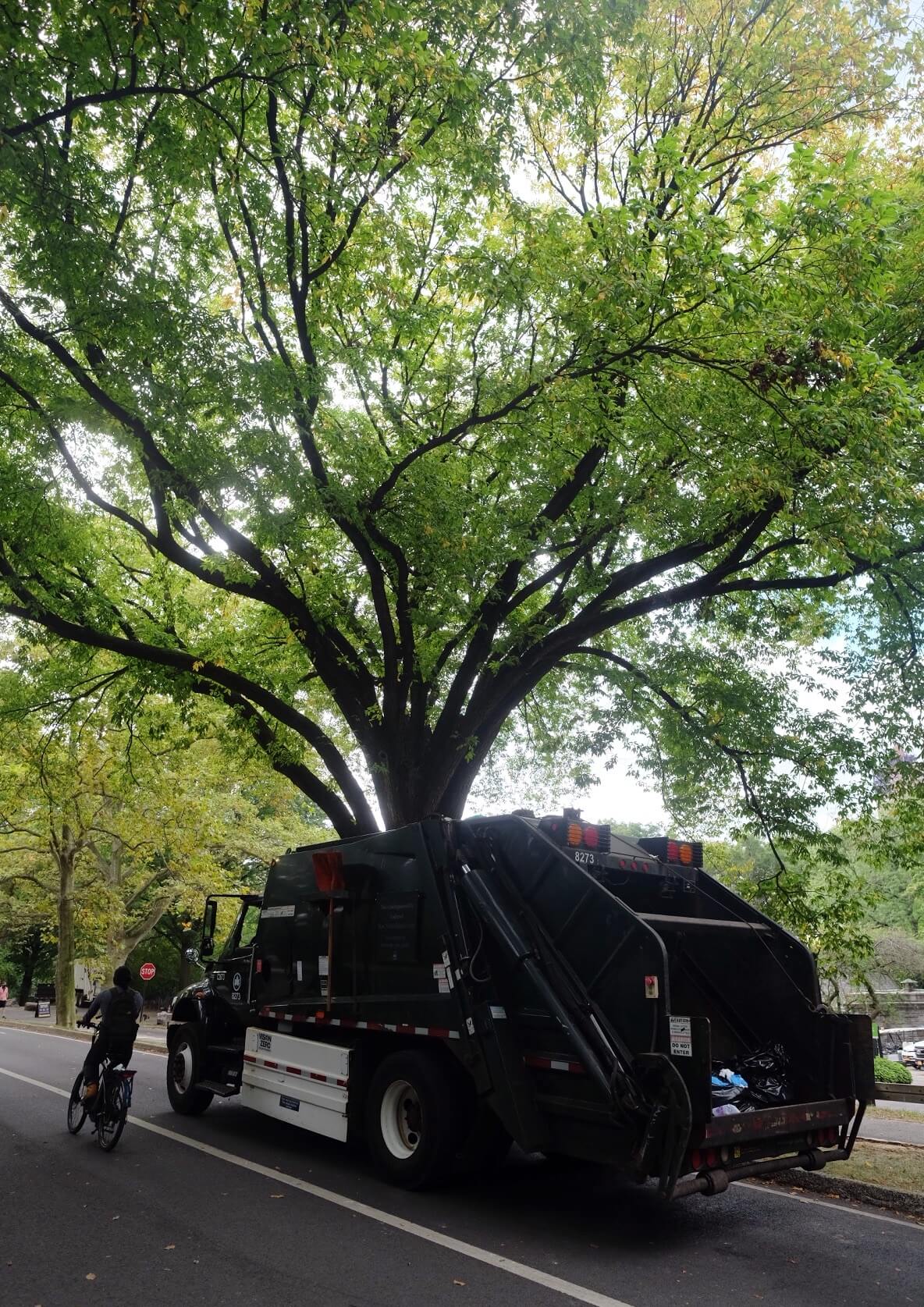
We call these pockets knowledge, mastery, and wisdom. As is the case with life, these pockets are beautiful and they make it worth plowing through the chaos and confusion.
I don't know. This is all very confusing.
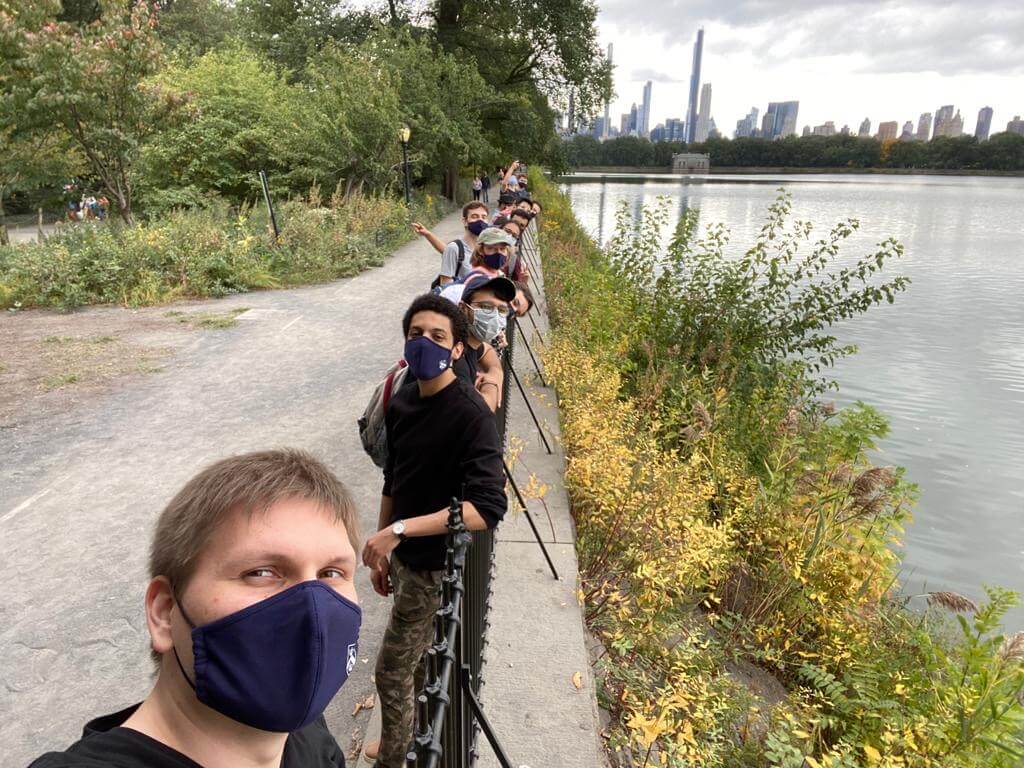
Last weekend a bunch of Masters and Phd students went for an 'urban hike.'
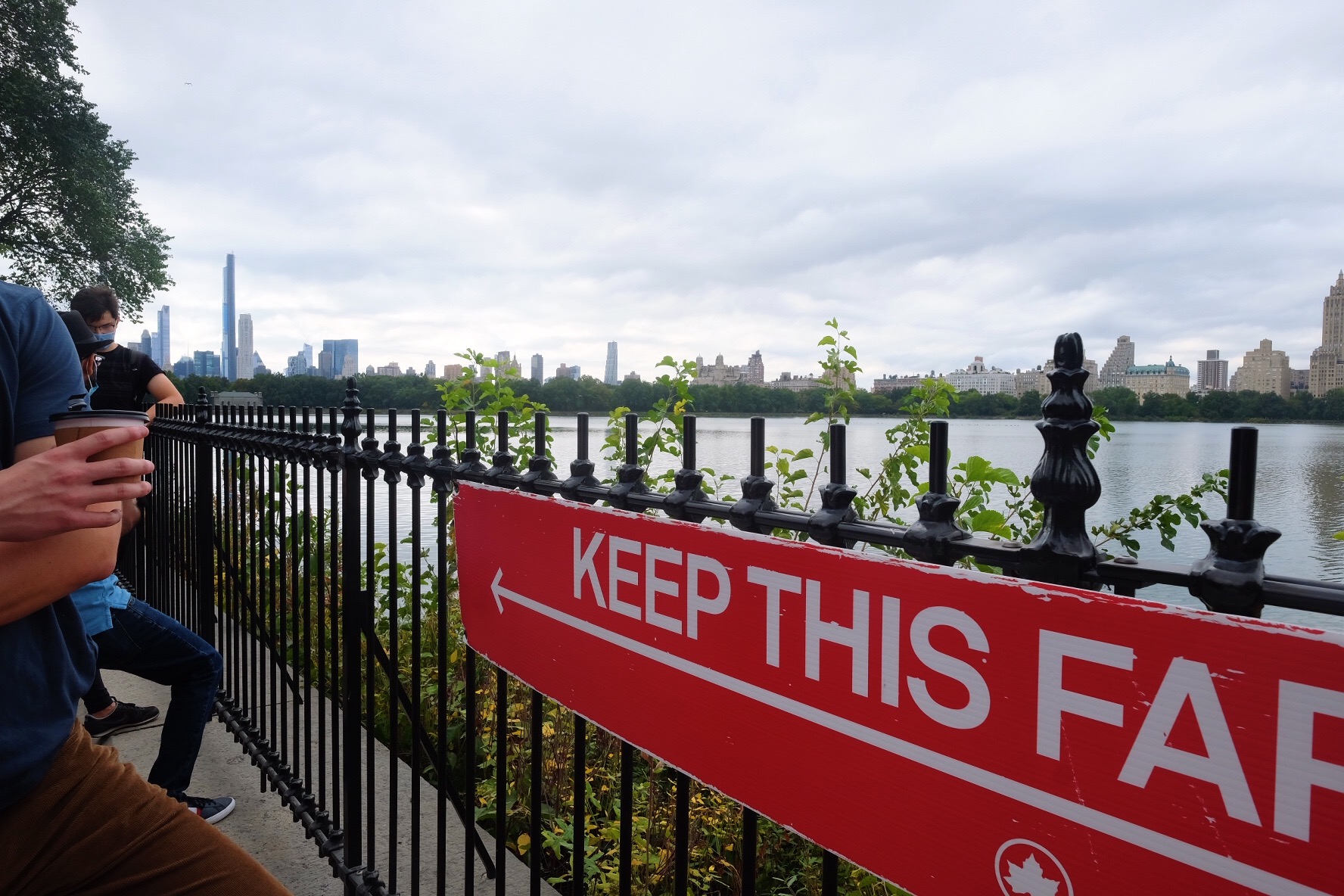
We started at Columbia, walked through the length of Central Park, and ended at Times Square.
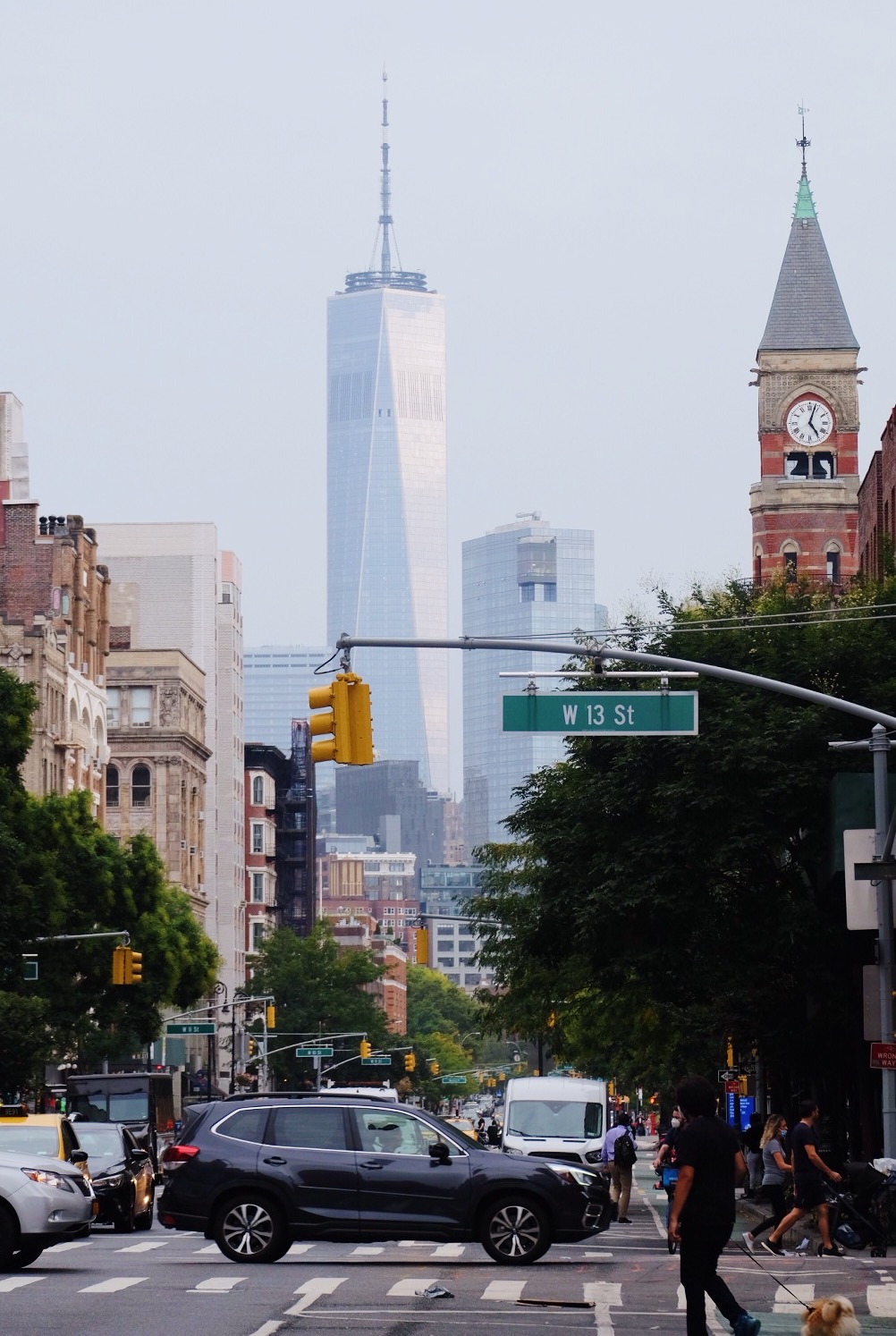
The perpetually grey sky was, as it usually is, extremely close to the ground.
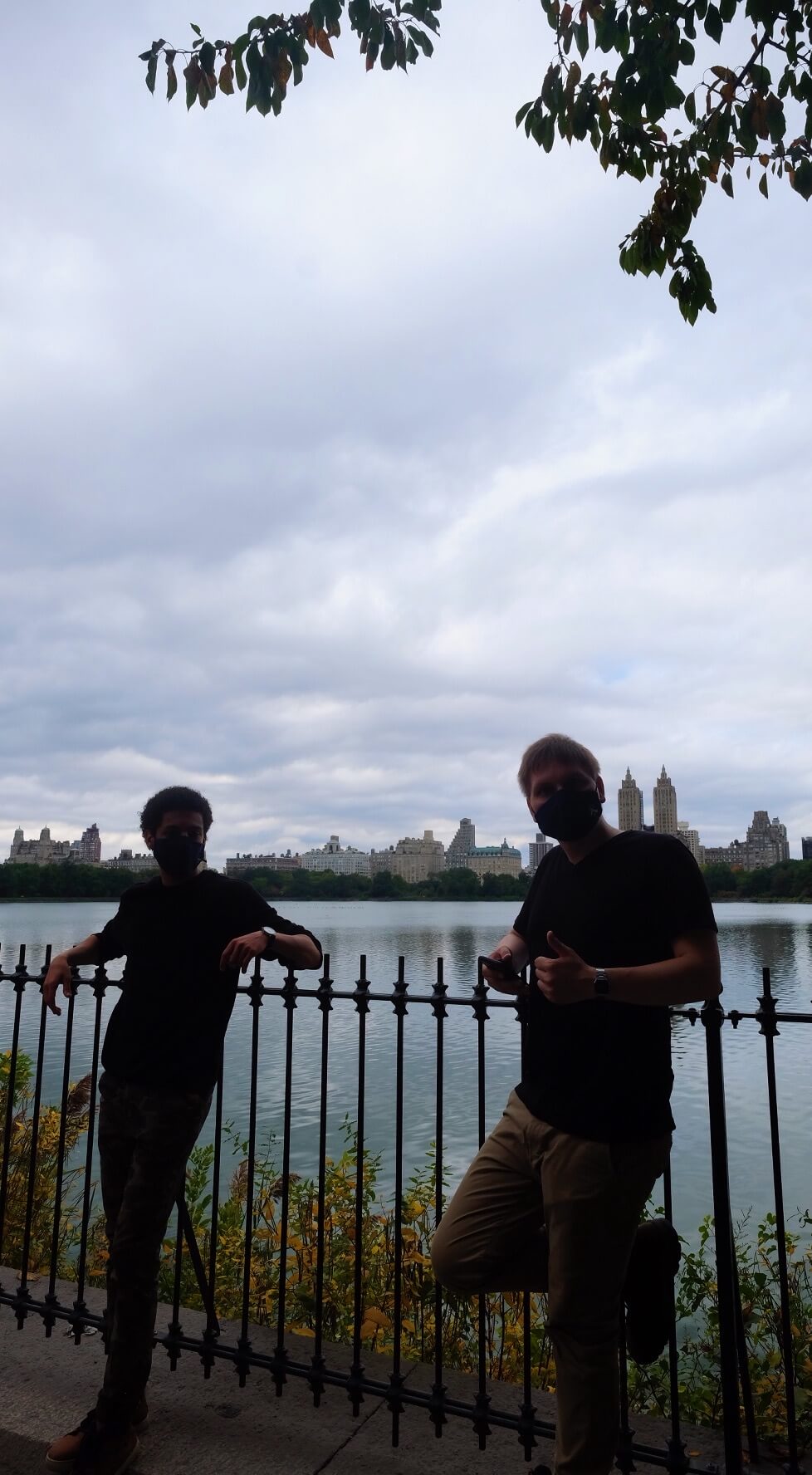
But it kind of works here.
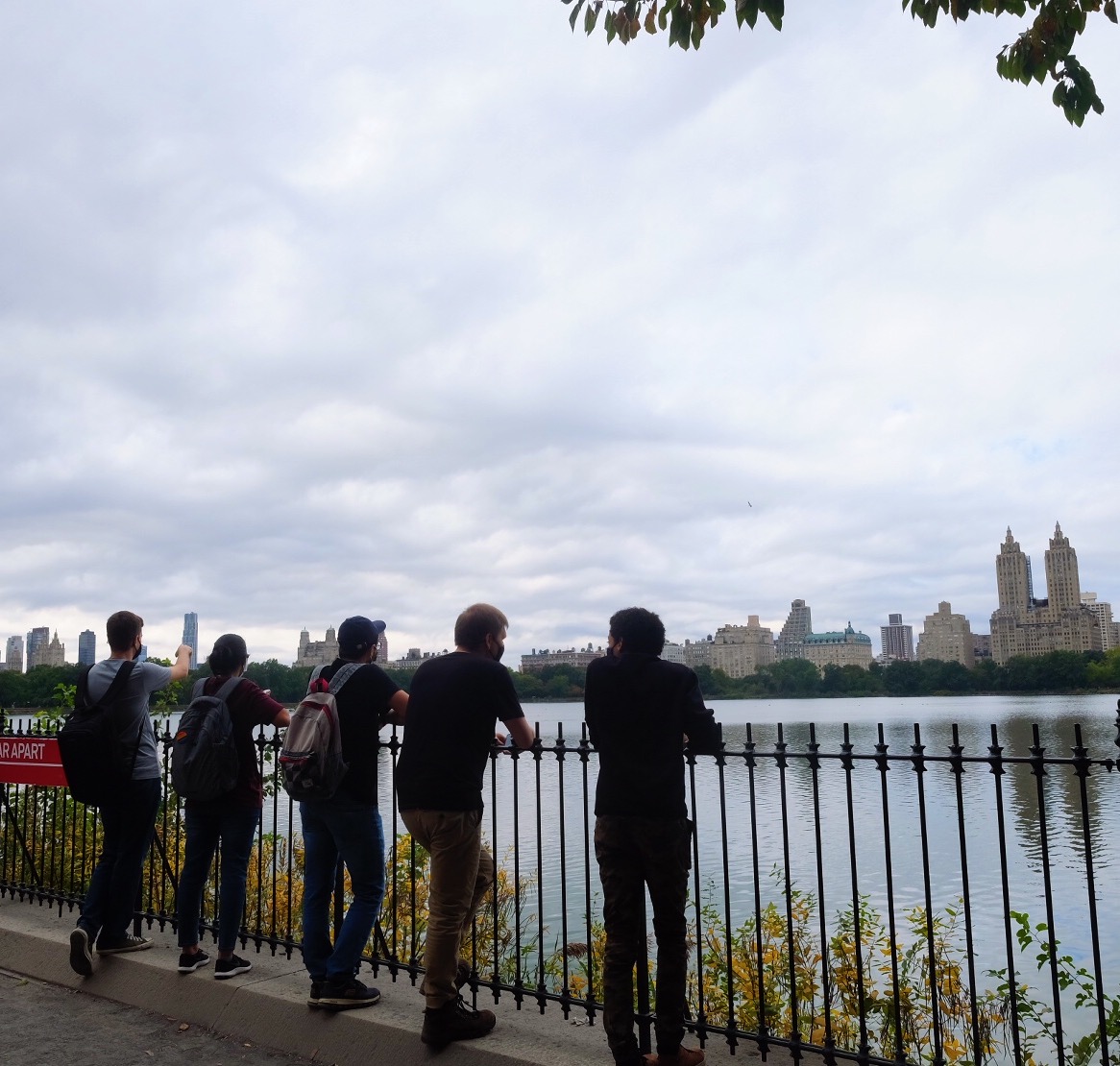
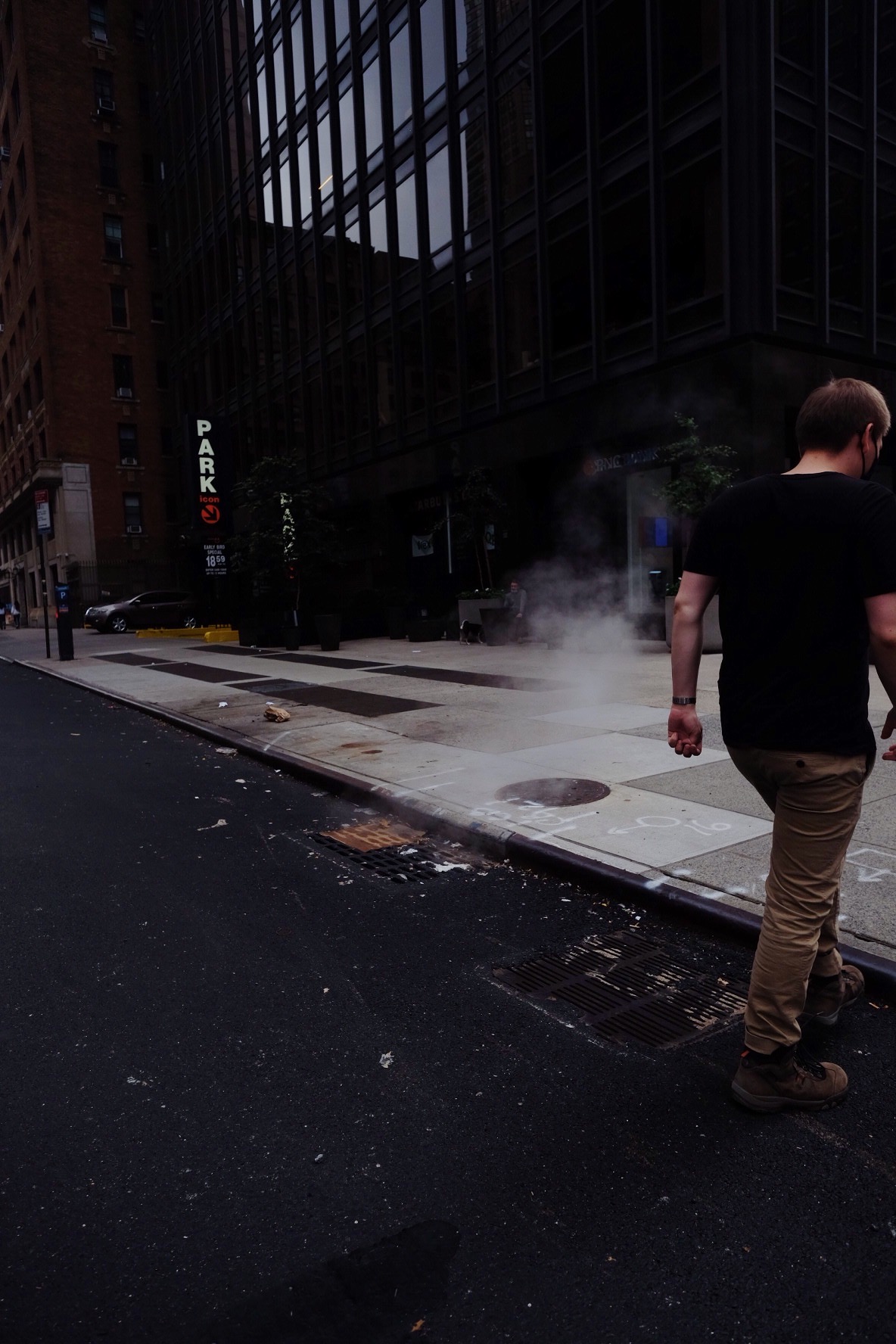
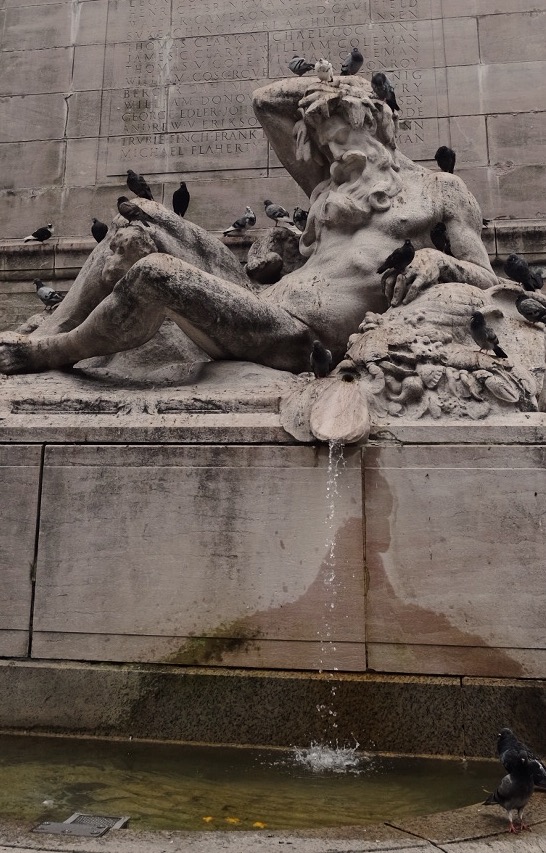
New York is a lot more green than you might expect.
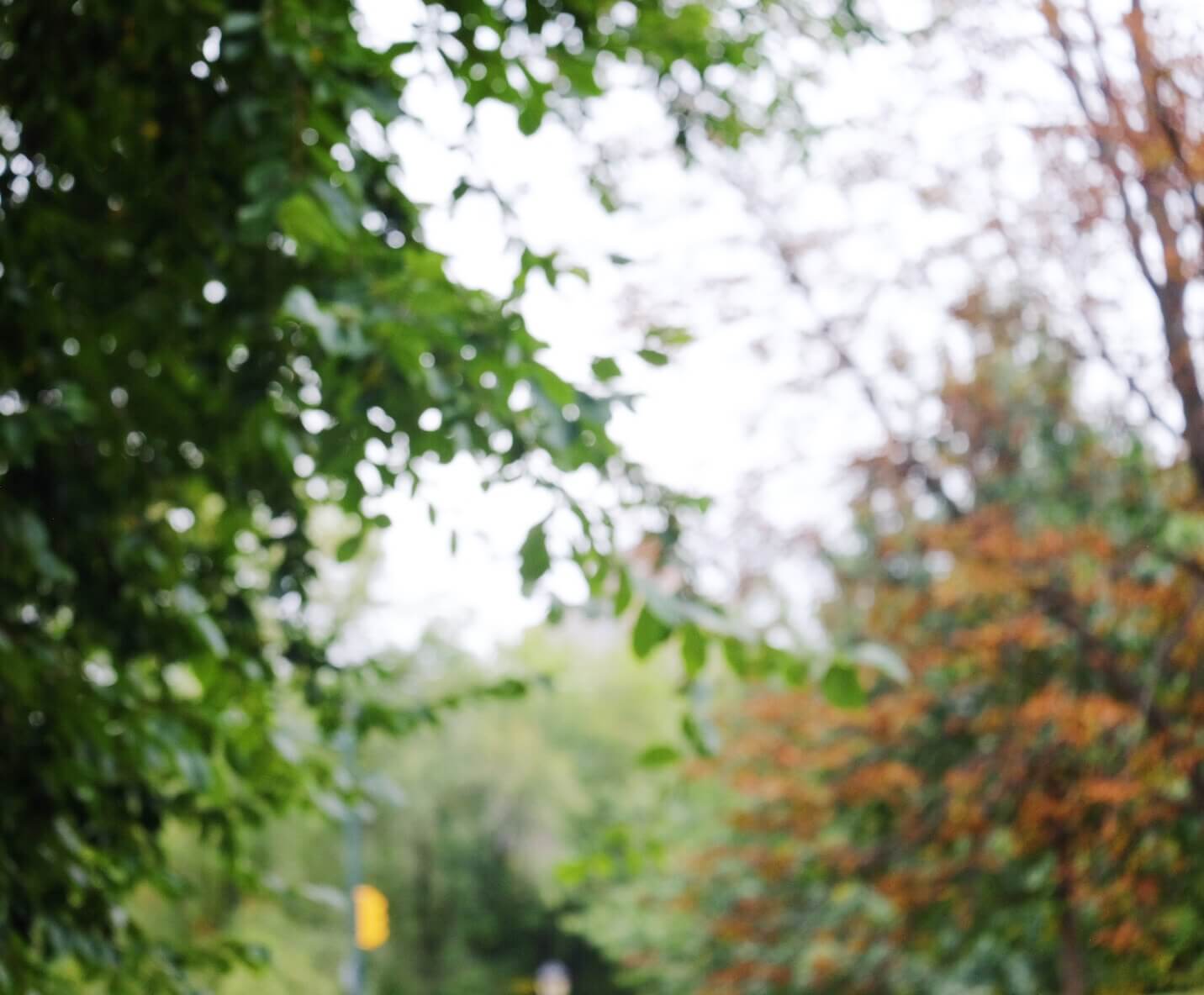
Central park specifically adds so much value to the city. What an incredible resource.
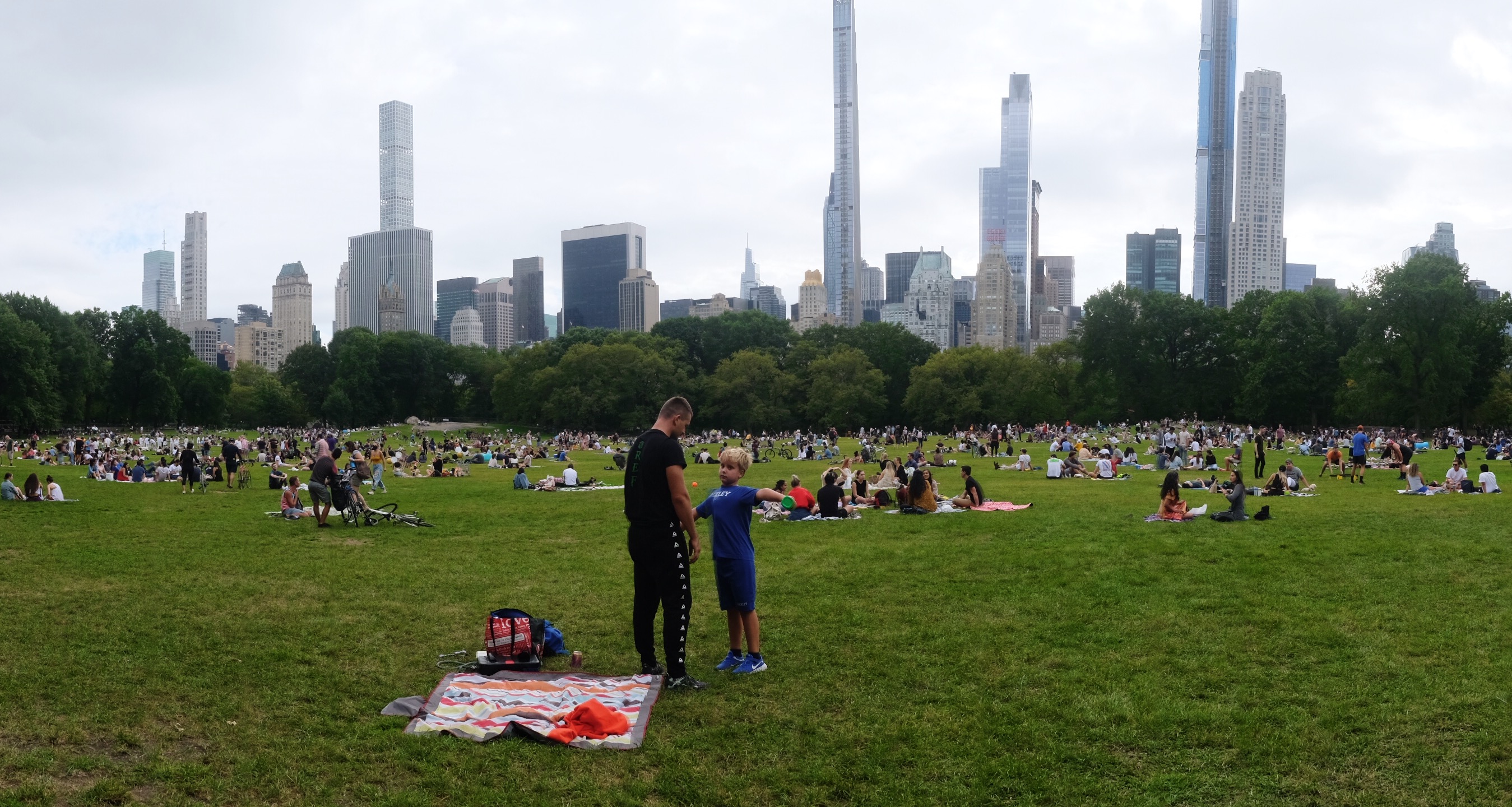
What's more effective for exercising the demons than some fresh air and beautiful scenery?
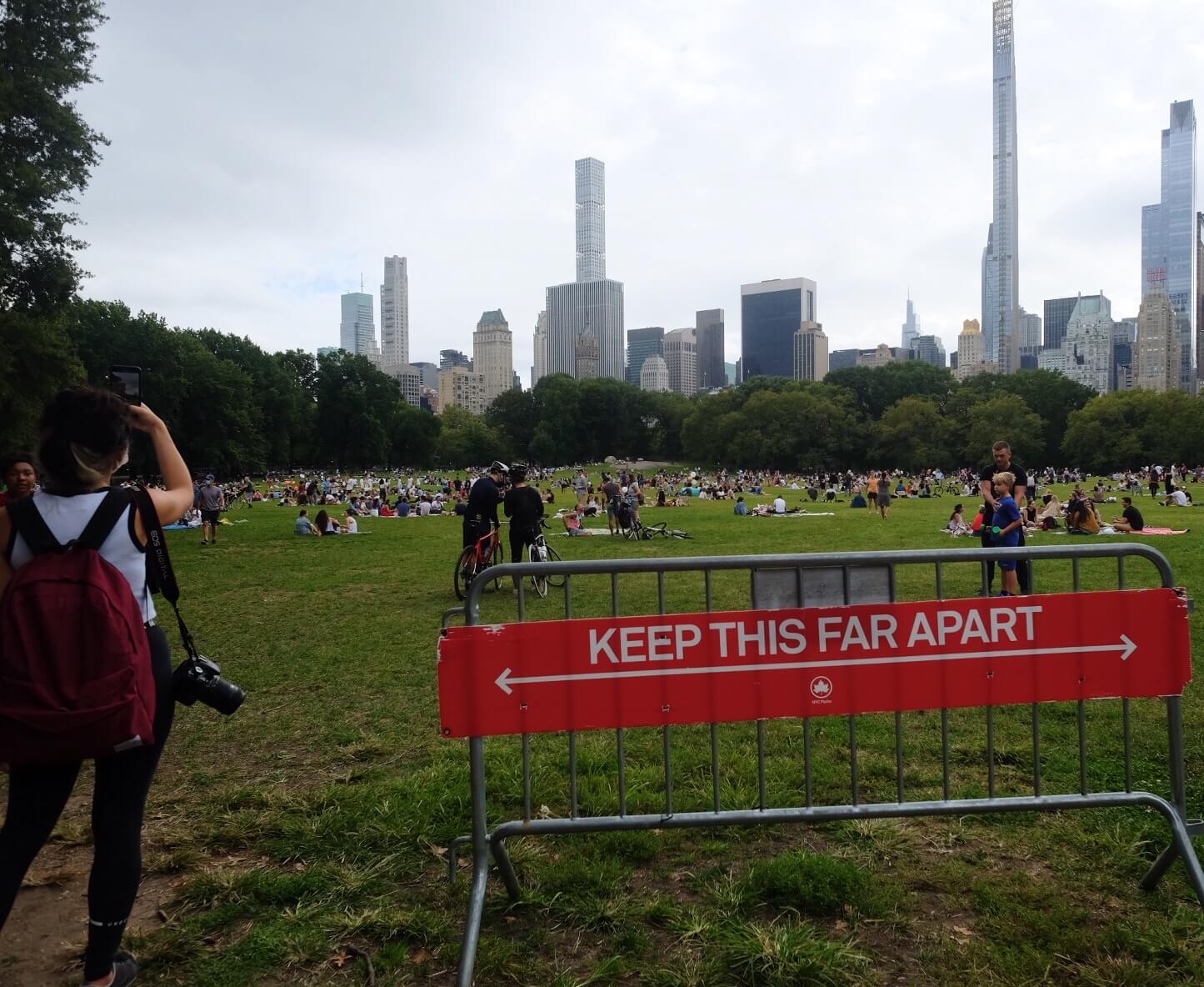
I've been going for bike rides almost every day, because it's important to have some balance in your life.
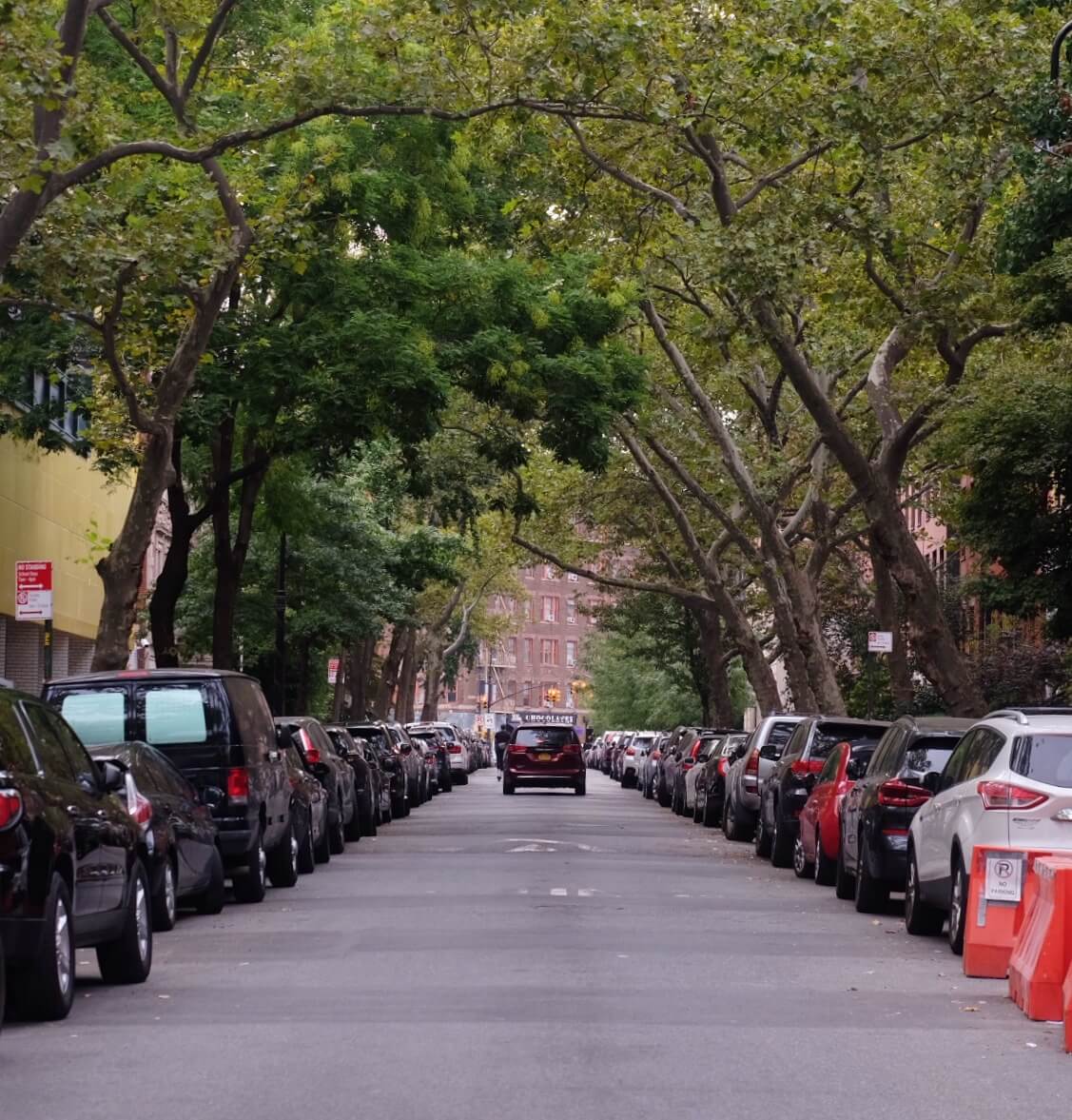
I read somewhere that humans spend 93% of their lives inside, on average.
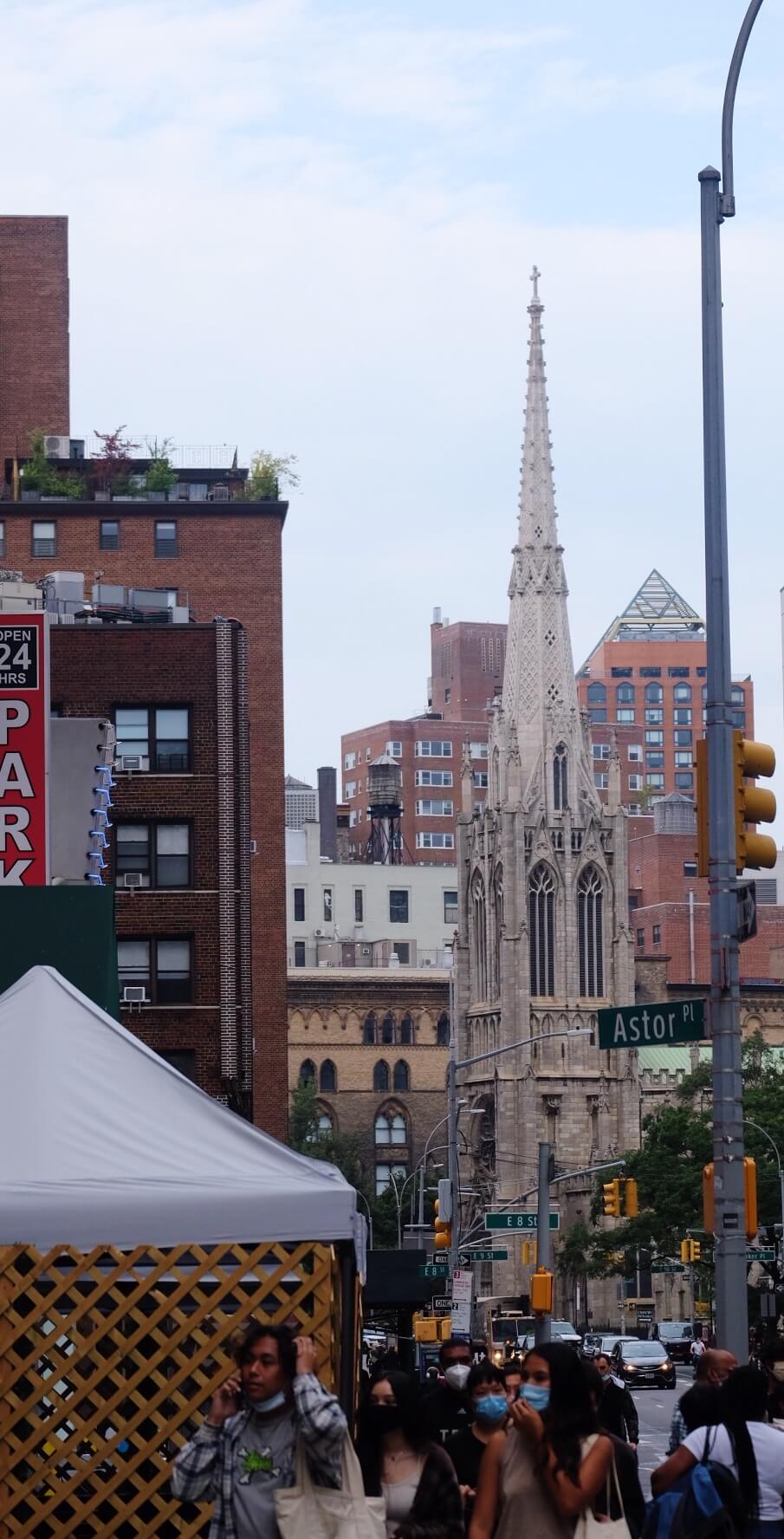
And 6% in vehicles.
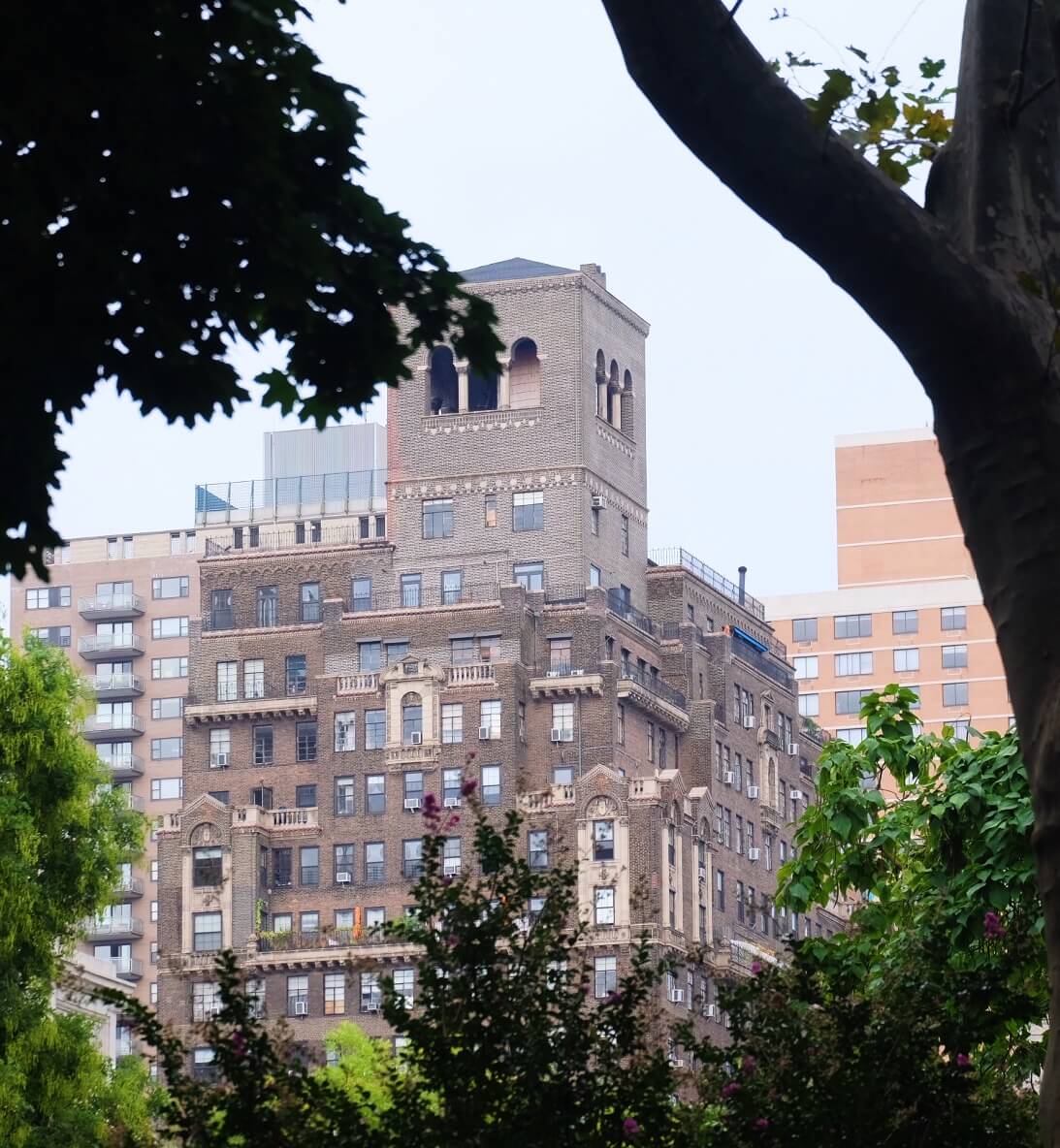
A third of that time is spent sleeping, but still that's a lot of time indoors.
